
Manuscript Submission Cheat Sheet
This cheat sheet contains all the information you'll need to gear up for submission, do amazing research, and pitch your project in the strongest way possible.

Upcoming Webinars
Videos
Alee Anderson and Alice Sullivan are here to celebrate the release of their new book, The Definitive Guide to Ghostwriting! Learn the secrets to building a ghostwriting career, marketing to develop a strong client base, and translating a client’s unique voice and story to the page.
Children’s author-illustrator Niña Mata joins the Thriving Writers Podcast to chat about her publishing journey—from illustrating educational materials, working with Olympian athletes, to finally writing her own stories! Listen to hear Niña share some tips on what illustrators gravitate towards in manuscripts and ways writers can make the collaborative process smoother.
Get ready for some full transparency. How much an agent should be charging you, at what percentage, and when.
NYT bestselling author/illustrator Jarrett Krosoczka shares the challenges and gratifications of reaching across different age categories and the importance of illustrations in storytelling. Listen to hear his tips on writing within established franchises (like Star Wars), how to pivot a picture book idea into a graphic novel series, and memoir writing.
If you’re writing a picture book, how should you handle illustrations? Let’s compare illustrating your own manuscript, finding another illustrator, or leaving it to the publisher.
An enticing query letter can be your foot in the door with an agent or publisher. Here are the elements to include in a strong query letter for a picture book.
Communicating with literary agents is an important part of the querying process. Here are some communication do's and don'ts that'll give you the best shot at receiving a response to your query.
Tips on looking at your work with clarity so you can determine your personal "done," as well as what to do when you reach that finish line.
Story Mastermind is our small group writing workshop. We'll tell you a little bit about the program, but mostly we will be talking today about picture book premise, and how to make sure that your story has strong bones and how to tell a compelling picture book story in today's market.
It may seem weird to talk about failure and rejection in writing context as a good thing. But I really want to help you reframe it, because the actual writing journey is rather long. If you don't enjoy the actual writing process, you're gonna have a tough time because there is so much rejection and failure inherent in that journey.
If you have spent any time on the submission trail, you will notice that there are manuscript length guidelines for manuscripts that you may want to submit, and they are very category-specific. Here’s a run-through of children's books guidelines to get you started.
As a debut author querying a potential series, you’re in a much stronger position if you write one amazing manuscript with “series potential” than you are if you were the one needing multiple books to get your story told.
Decades-long agent, Rachel Orr, talks about real life clients as she shares what agents and editors are looking for, what to include in your query letter, and how to challenge the status quo.
Thinking about finding another literary agent? Here are some tips to help smooth the transition.
Essential advice for illustrators on building an online home for your art to prepare for querying art reps or literary agents.
You have an offer of representation from a literary agent--now what? Here are some crucial questions to ask before you sign on the dotted line.
Will agents and editors consider a revision of a manuscript they've already rejected? Check out this week's video for tips on resubmitting a revision to an agent.
How do you catch an agent's attention during a pitch session? Here are some tips and tricks for crafting a successful pitch and making a good impression.
If you're wondering about how to handle a literary agent revision request, how that informs your submission round, and what to expect when working more closely with an agent before an offer of representation, check out this video.
I love talking about switching literary agents because I want to normalize it. I want to make sure that people don't feel alone if and when something happens to them in their agent-writer relationships, because like any relationship, they might not work out the way we anticipate.
An agent asked for my full manuscript, hooray! This exciting situation opens up a lot of questions that you may have about literary agents. Learn all about literary agent manuscript requests in this class.
If you're wondering about literary agent response times, when to submit, and when to expect to hear back on your manuscript submission to agents, check out this video.
Podcasts
Query smart by making sure you’re targeting agents and editors who want what you’re writing.
One of the most difficult experiences for an author is changing literary agents. Sometimes, as much as many hate to admit it, seeking out new representation becomes necessary. If a relationship between an author and their agent isn’t productive, it can often be worse than having no agent at all.
Query rejection hurts. You’re putting your shiny new novel out into the world, just for people to say “no, thank you.” Here are some of the best ways to deal with a query rejection.
How long can a picture book manuscript be? What if mine’s much longer? Or much shorter? Will I be automatically rejected by an agent? What if my story needs those words? Are there different lengths for different types of picture book manuscripts?
Let’s answer these questions.
One query letter sent to the right agent … and an offer of representation comes your way! Of course we writers stress about our queries. We’ve poured so much into our manuscripts, and we only get a few hundred words to pitch them! Let’s go over the elements of a query letter to improve your chances of getting that wonderful phone call one day.
Typing “the end,” either literally or figuratively, after spending many months on a project is worthy of celebration. The logical next step is querying. But before you begin to query, there are some critical steps to take.
Many writers struggle with how to deal with negative criticism. Not all writing feedback you receive in your lifetime will be “constructive criticism”. Some of it may feel like straight-up criticism criticism, or worse, destructive criticism. Ouch! Here are some thoughts on bouncing back from a devastating writing critique, and what to do next.
Coming up with the dreaded comp titles for your query letter or elevator pitch doesn’t have to be a chore. Here’s why you need them and how to make looking for them (a little) more fun.
If you’re interested in writing a children’s picture book that uses fantasy elements to engage readers in a meaningful way, then you’ve come to the right place. In this post, we provide four tips on how to write original, highly engaging fantasy picture books that stand out!
You’re ready to take the next step, but manuscript submission can feel overwhelming. (Am I the only one who hadn’t heard anyone use the word ‘query’ in a hundred years before entering publishing?) Let’s take a zoomed-out look at what manuscript submission is and look at some resources that can help you with the process.
Negative feedback can be confusing and hard to hear. Turn what feels like “no” into a mission to “go”!
You’ve written a killer query, researched your comps, and crafted your bio. Your opening is polished, and you slogged through the synopsis. Your submission package is ready! Now, how do you go about finding a literary agent for your children’s books?
One way you might think about how to write a query letter is as a cover letter. It has its own rules and formatting for the literary world, but essentially you are pitching your project to your potential employer. So, what are the rules? How do you start?
Writers are usually advised against braving the publishing world without an agent to represent them. Yet, unagented submissions exist for a reason, and there’s a time and place when they work—when they might even be the best option.
You are so familiar with your story’s opening, you’ve created blind spots. You’ve most likely rewritten this part more than any other, so in your mind it might still contain information you deleted four iterations ago. So how do you know whether your first ten pages are submission-ready?
Blog Posts
How do you set realistic expectations in publishing? If a book doesn’t sell, how do you cope with rejection? Literary agent and author Kate McKean chats about her latest book Write Through It! She also shares tips for honing your writer’s intuition, pitching your book, and what queries stand out in the slush pile.
Alee Anderson and Alice Sullivan are here to celebrate the release of their new book, The Definitive Guide to Ghostwriting! Learn the secrets to building a ghostwriting career, marketing to develop a strong client base, and translating a client’s unique voice and story to the page.
Children’s author-illustrator Niña Mata joins the Thriving Writers Podcast to chat about her publishing journey—from illustrating educational materials, working with Olympian athletes, to finally writing her own stories! Listen to hear Niña share some tips on what illustrators gravitate towards in manuscripts and ways writers can make the collaborative process smoother.
NYT bestselling author/illustrator Jarrett Krosoczka shares the challenges and gratifications of reaching across different age categories and the importance of illustrations in storytelling. Listen to hear his tips on writing within established franchises (like Star Wars), how to pivot a picture book idea into a graphic novel series, and memoir writing.
Debut picture book author Brittany Thurman discusses writing about complex issues for a young audience, bias in the publishing industry, and supporting Black writers.
Decades-long agent, Rachel Orr, talks about real life clients as she shares what agents and editors are looking for, what to include in your query letter, and how to challenge the status quo.
Insights from industry veteran Chuck Sambuchino on how to become a well-informed writer, build a platform, and get published.
An enlightening discussion about creativity, picture book writing, illustration, inspiration, and making mistakes ... in a good way!
A conversation with John Cusick, literary agent and MG/YA author. We delve into writing for MG and YA readers, what agents are looking for, and breaking writing rules.
CEO of independent publisher Girl Friday Productions Leslie Miller talks all things publishing, marketing, and building your platform as an author. She discusses the differences between traditional publishing, self-publishing, indie publishing, and hybrid publishing, and how to know which option is right for your project.
On this month's episode, children's author Anna Staniszewski chats about her path to publication, writing for different age groups, and what it takes to make it as a full-time author.
Services
Wondering if your query letter is enough to catch an agent’s attention? This is for you. Rhiannon Richardson’s feedback will help your query really show off your work, so you can pitch your project with total confidence.
Up to one page single-spaced.
Everything you need to get your work ready to submit: query letter editing, synopsis notes, and editing on your first ten pages, including an overview, manuscript comments, and proofreading. When Rhiannon Richardson’s done, you’ll be every literary agent’s dream.
Up to one single-spaced page query, four double-spaced pages synopsis, and ten double-spaced first pages.
Wondering if your query letter is enough to catch an agent’s attention? This is for you. Amy Wilson’s feedback will help your query really show off your work, so you can pitch your project with total confidence.
Up to one single-spaced page.
Wondering if your query letter is enough to catch an agent’s attention? This is for you. Kristen Overman’s feedback will help your query really show off your work, so you can pitch your project with total confidence.
Up to one page single-spaced.
I will read your query letter and give you thorough query editing notes on voice, tone, content, presentation, and more. I’ll also share my thoughts on your story idea and its chances in the market. I will let you know whether or not your story idea–as presented in your query–has the right stuff to stand out in the slush. Query letter editing can be your magic bullet.
Up to one single-spaced page.
A great book starts with a great premise. I will give you thorough synopsis editing notes on voice, tone, content, presentation, and more. I’ll also share my thoughts on your story idea and its chances in the market.
Submit up to four double-spaced pages.
Everything you need to get your work ready to submit: query letter editing, synopsis notes, and editing on your first ten pages, including an overview, manuscript comments, and proofreading. When Kristen Overman’s done, you’ll be every literary agent’s dream.
Up to one single-spaced page query, four double-spaced pages synopsis, and ten double-spaced first pages.
Everything you need to get your work ready to submit: query letter editing, synopsis notes, and editing on your first ten pages, including an overview, manuscript comments, and proofreading. When Amy Wilson’s done, you’ll be every literary agent’s dream.
Up to one single-spaced page query, four double-spaced pages synopsis, and ten double-spaced first pages.
I will read your query letter and synopsis, giving you thorough editing notes on voice, tone, content, presentation, and more. I’ll also share my thoughts on your story idea and its chances in the market. I will let you know whether or not your story idea–as presented in your query and synopsis–has the right stuff to stand out in the slush.
Submit up to one single-spaced page query and four double-spaced pages synopsis.
The picture book market is blazing hot, and a lot of writers are trying the fun and challenging craft of picture book writing. This is an edit of your strongest picture book manuscript and will provide you with valuable feedback about your plot, characters, illustration potential, voice, and more. Query letter editing is included, as well as feedback on up to three more paragraph-length pitches for future ideas, if you have them.
I will read the first ten pages of your work and critique the writing, scene work, dialogue, action, pacing, the “promise of the novel” (this is very important, yet few writers ever think about it), characters, and more. Includes a line edit, actionable advice, and writing feedback. With my notes, you’ll have the confidence and know-how to make your work shine throughout.
Up to one single-spaced page query, four double-spaced pages synopsis, and ten double-spaced first pages of your manuscript.

FEATURED SERVICES
Everything you need to get your work ready to submit: query letter editing, synopsis notes, and editing on your first ten pages, including an overview, manuscript comments, and proofreading. When Kristen Overman’s done, you’ll be every literary agent’s dream.
Up to one single-spaced page query, four double-spaced pages synopsis, and ten double-spaced first pages.

Query Letters that worked
It’s easy to get intimidated by queries. After all, you’re condensing your whole idea into a single document, putting it out there, and hoping it’ll catch the eye of a busy agent. Wouldn’t it be great to see dozens of examples of queries and query letters that actually worked—with notes of exactly what they did right?




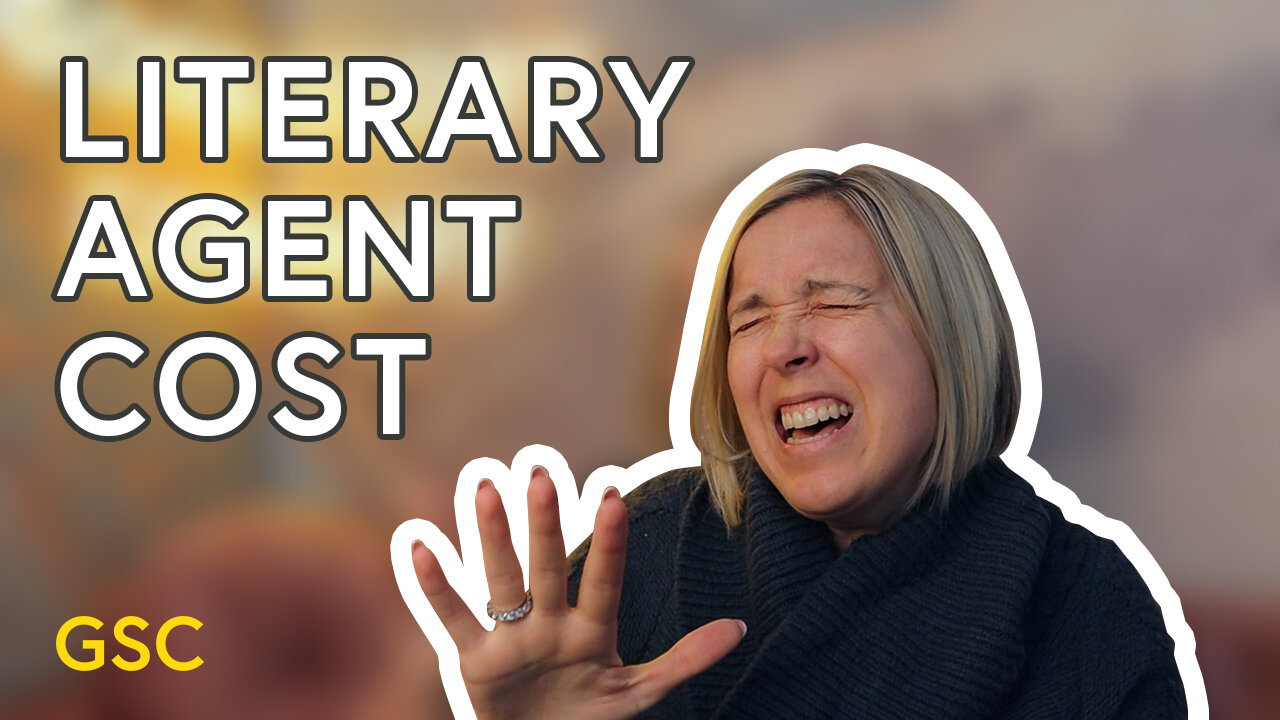
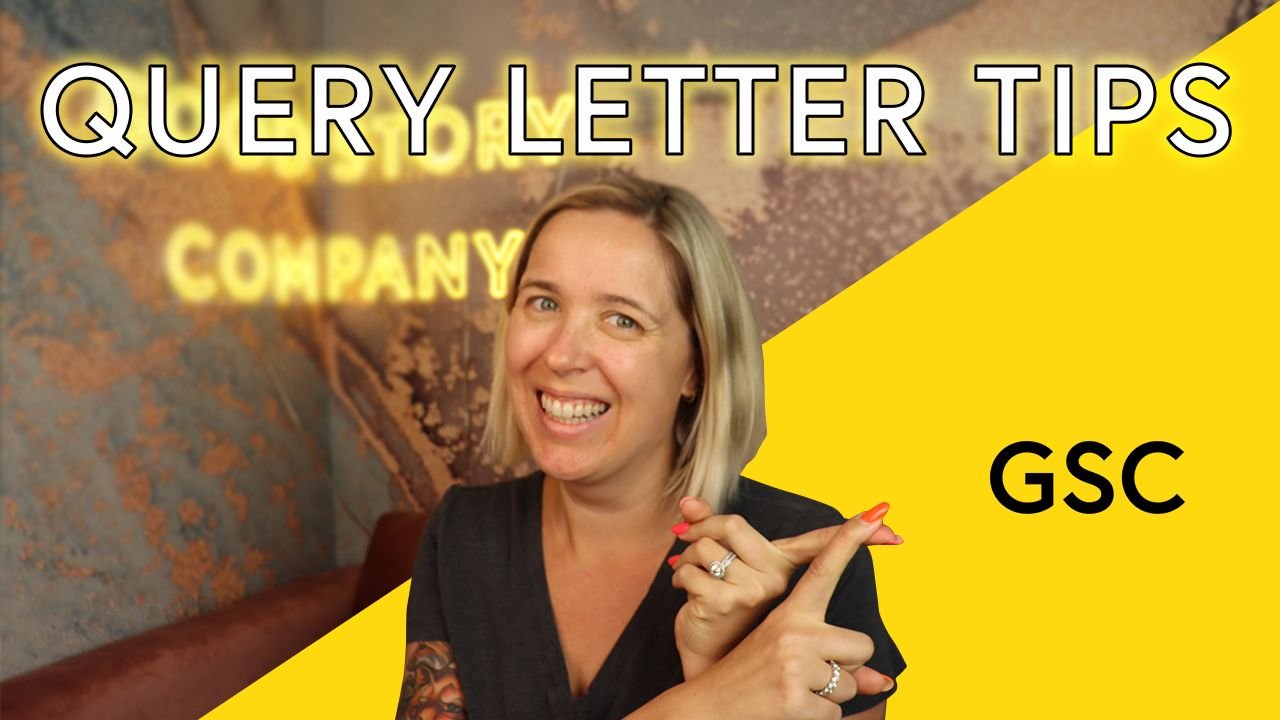
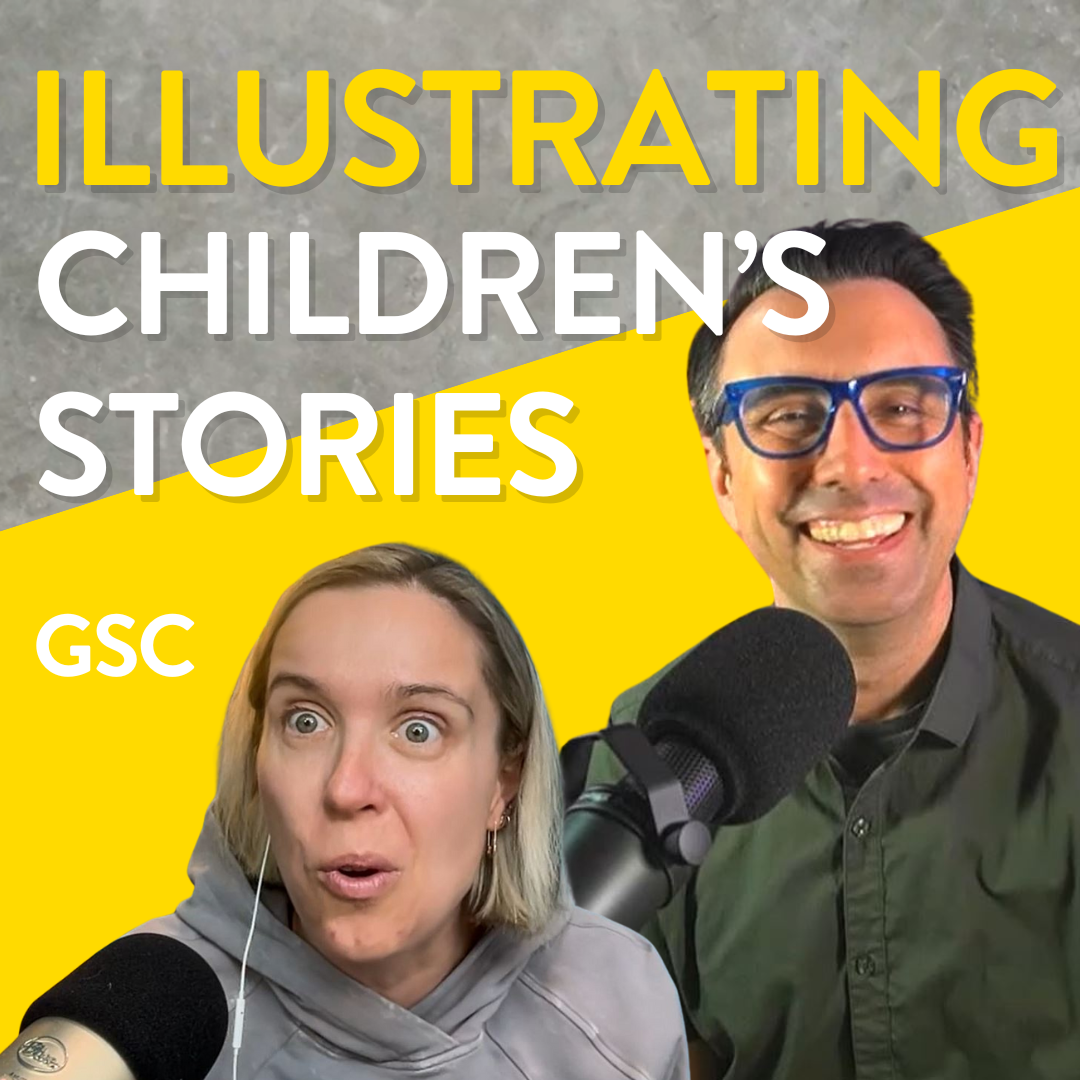


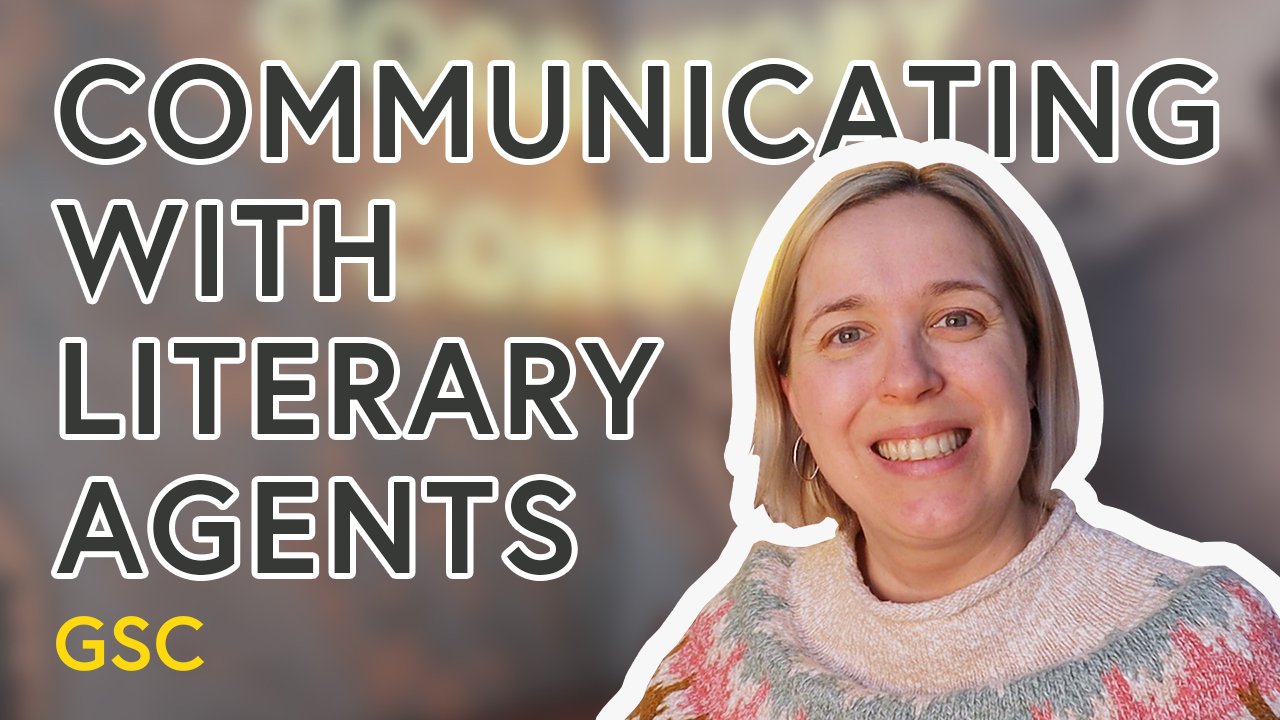


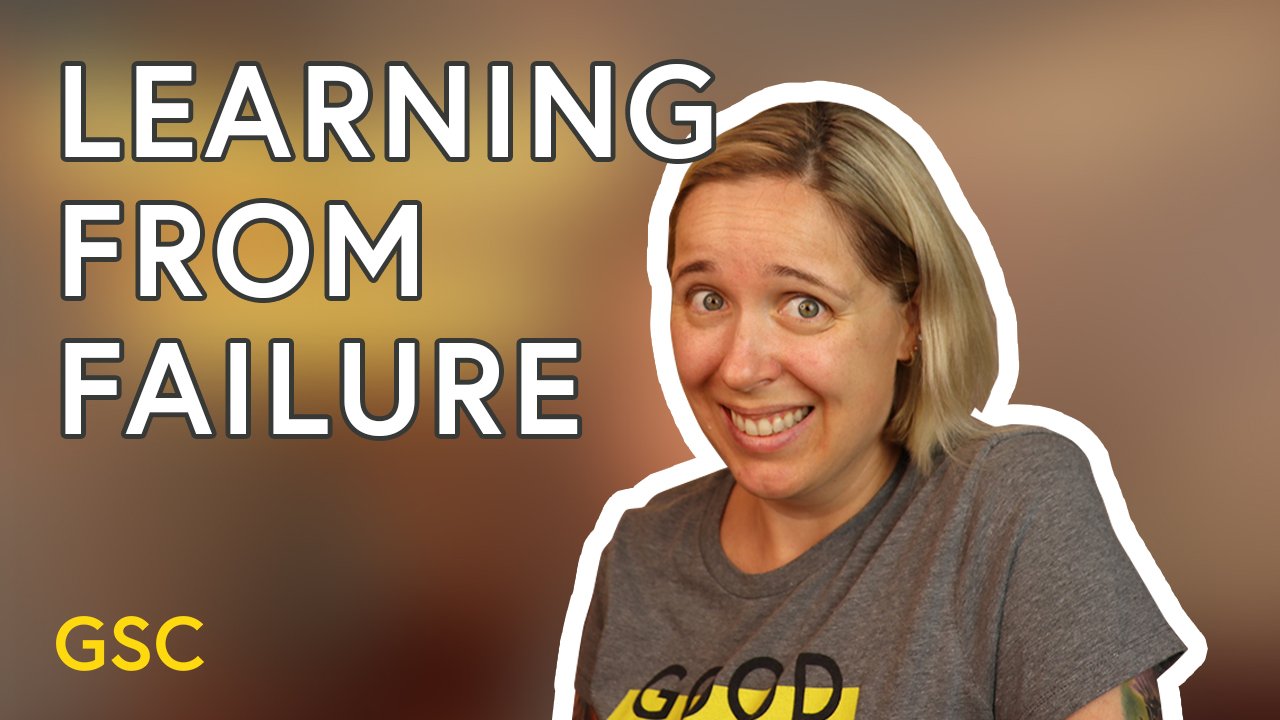
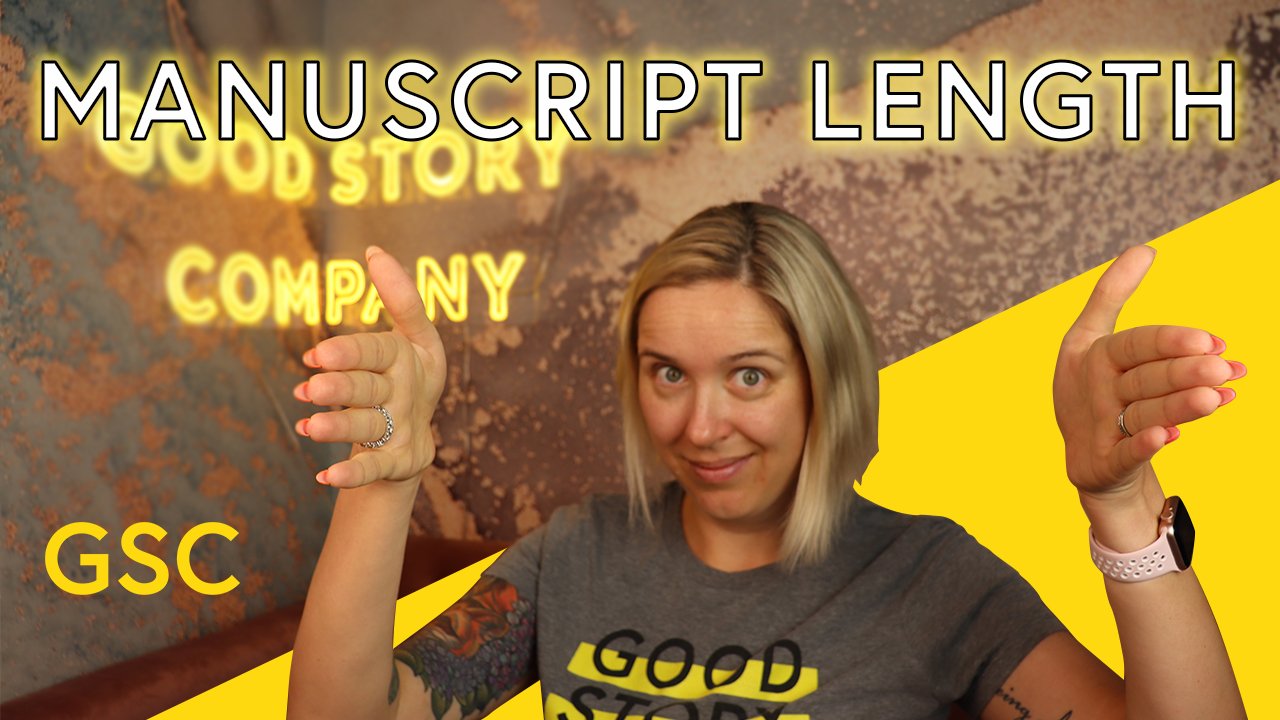

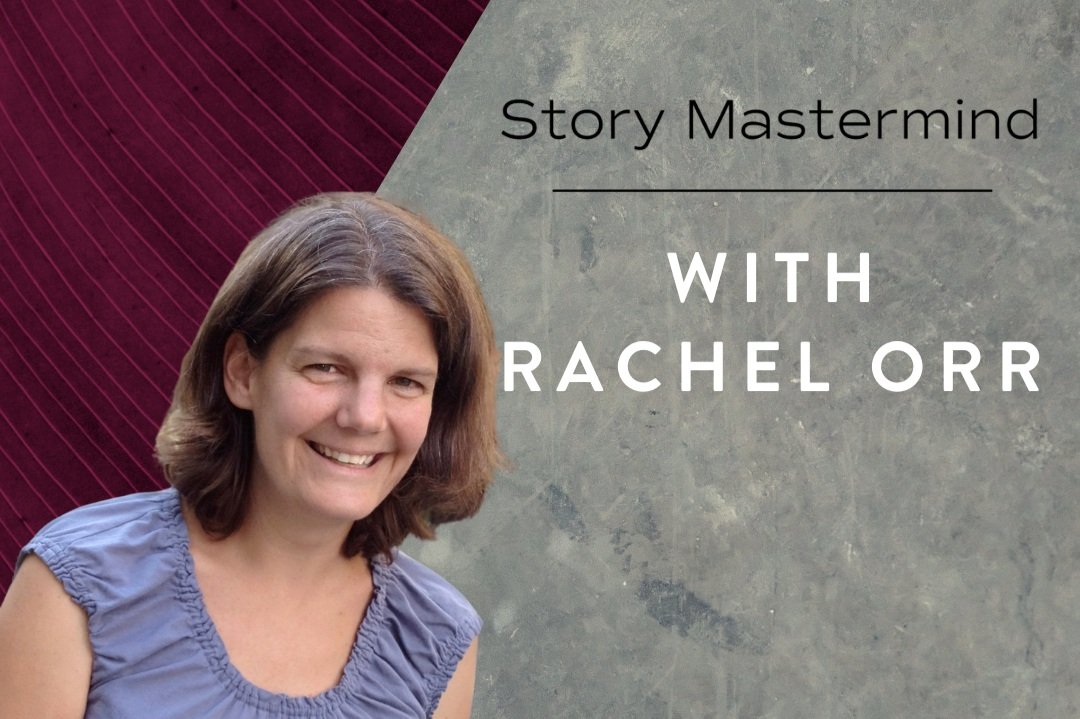
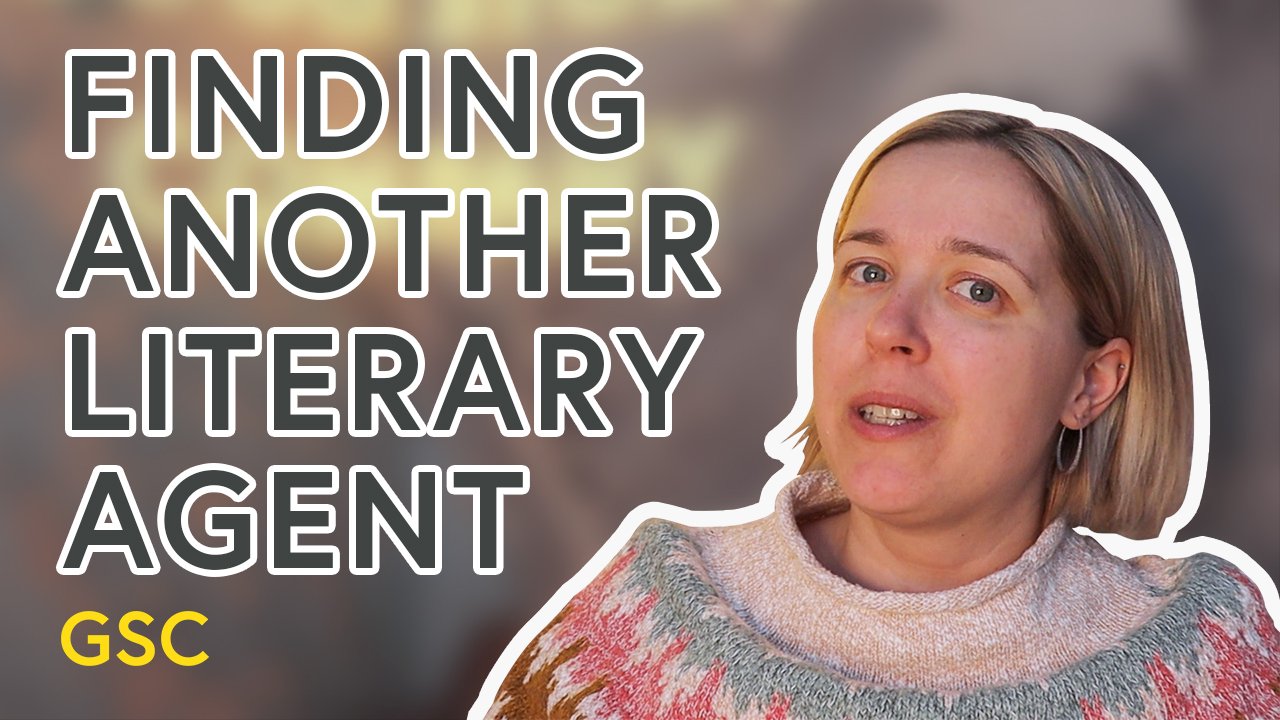

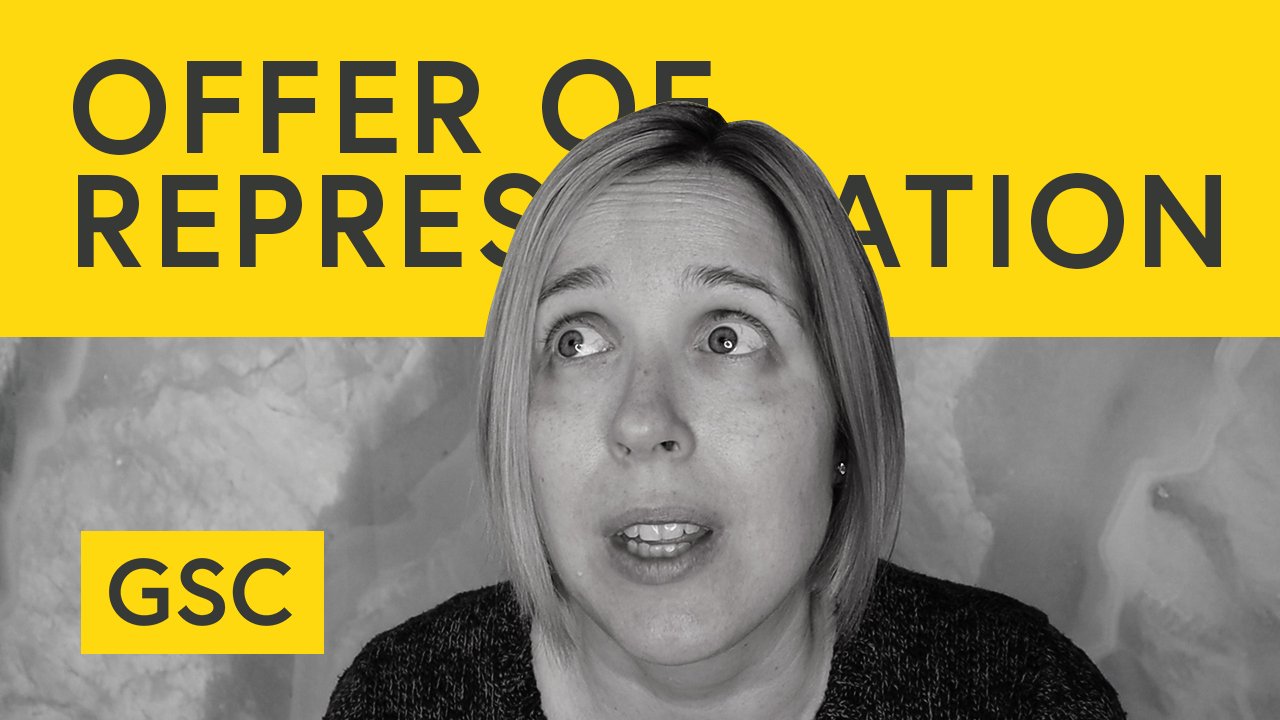
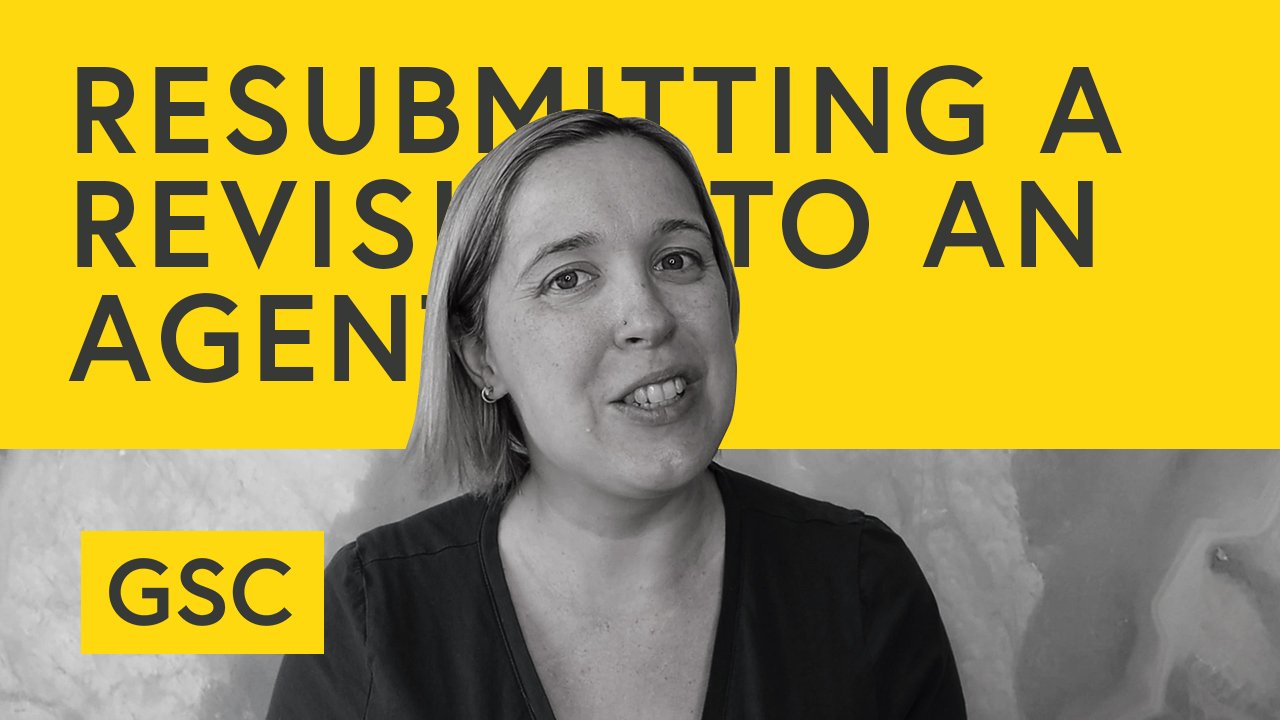
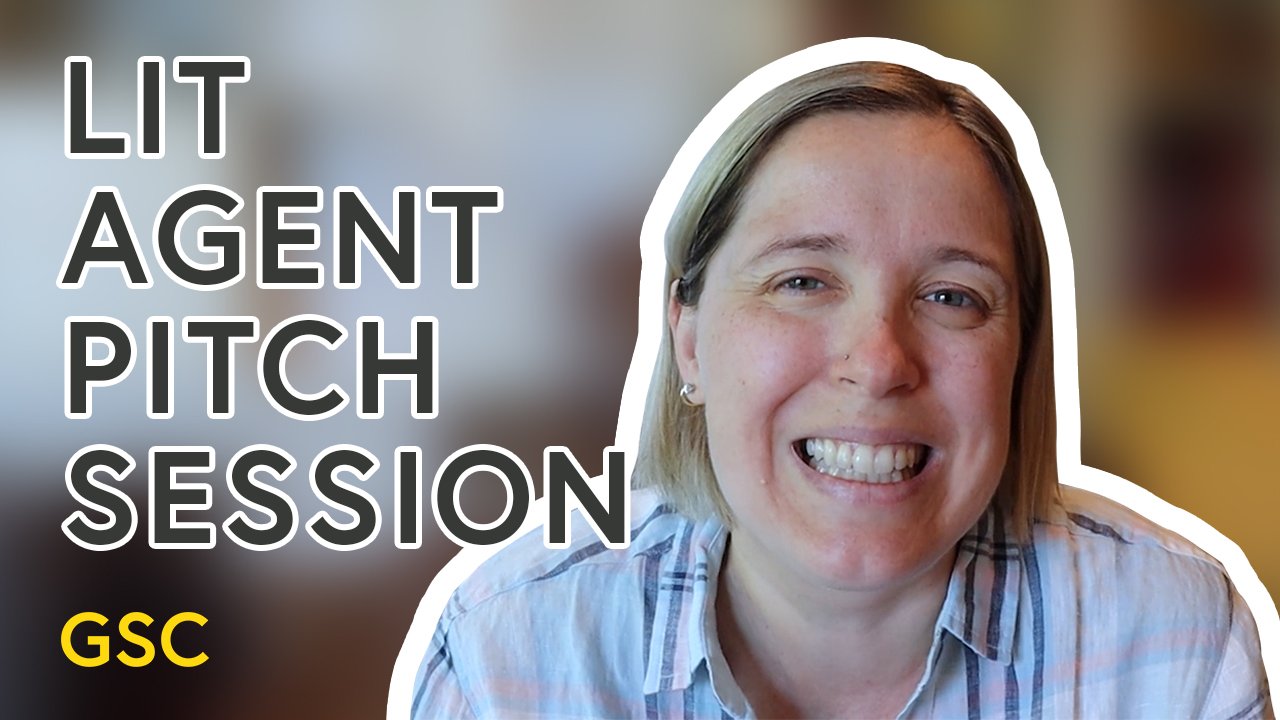
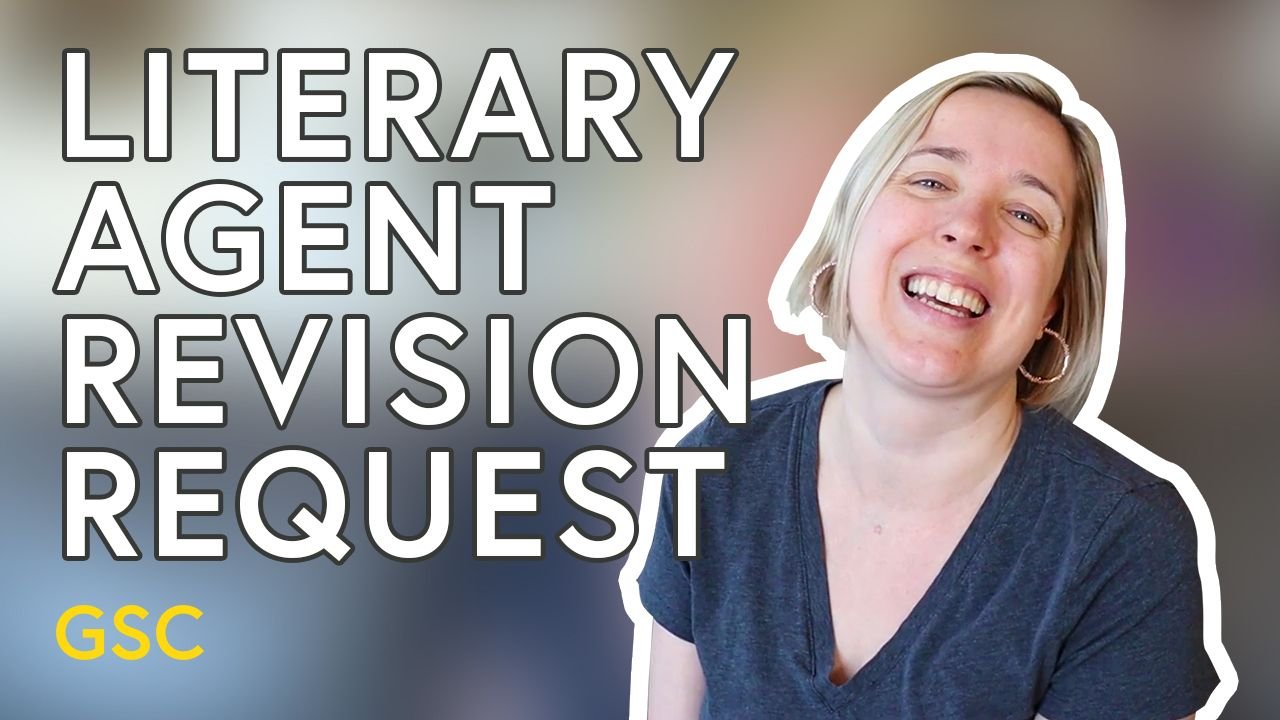
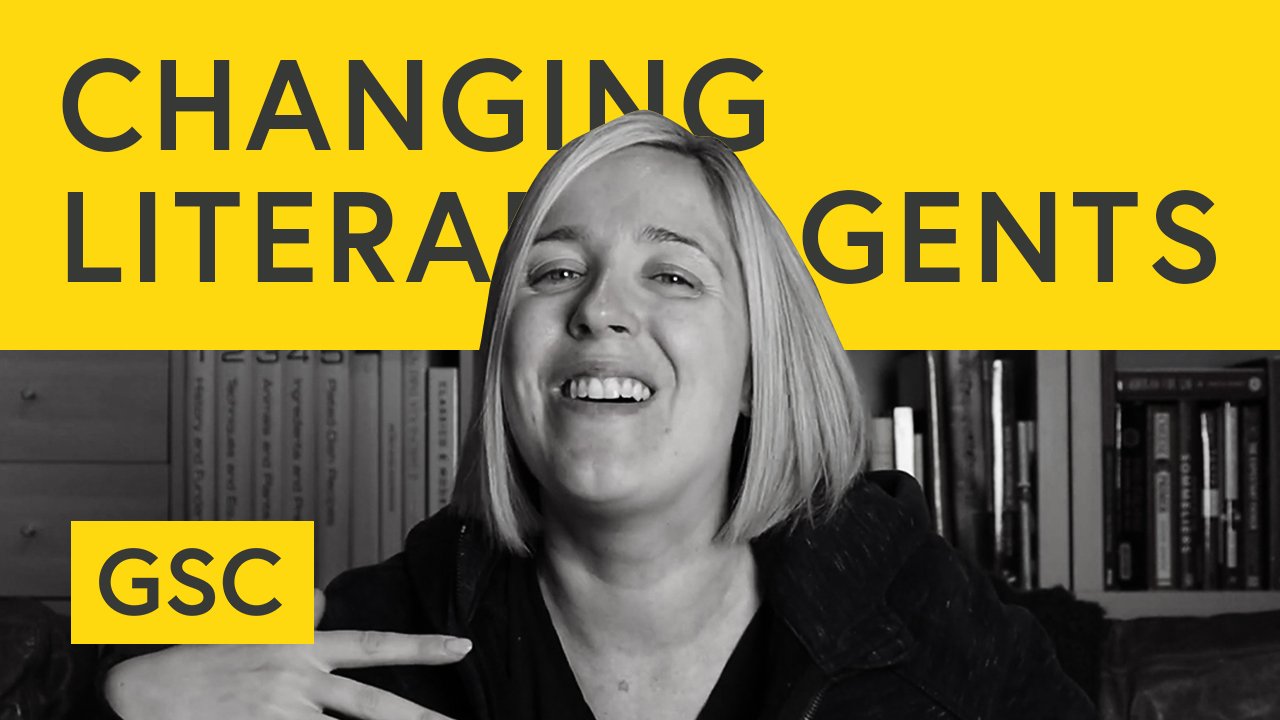




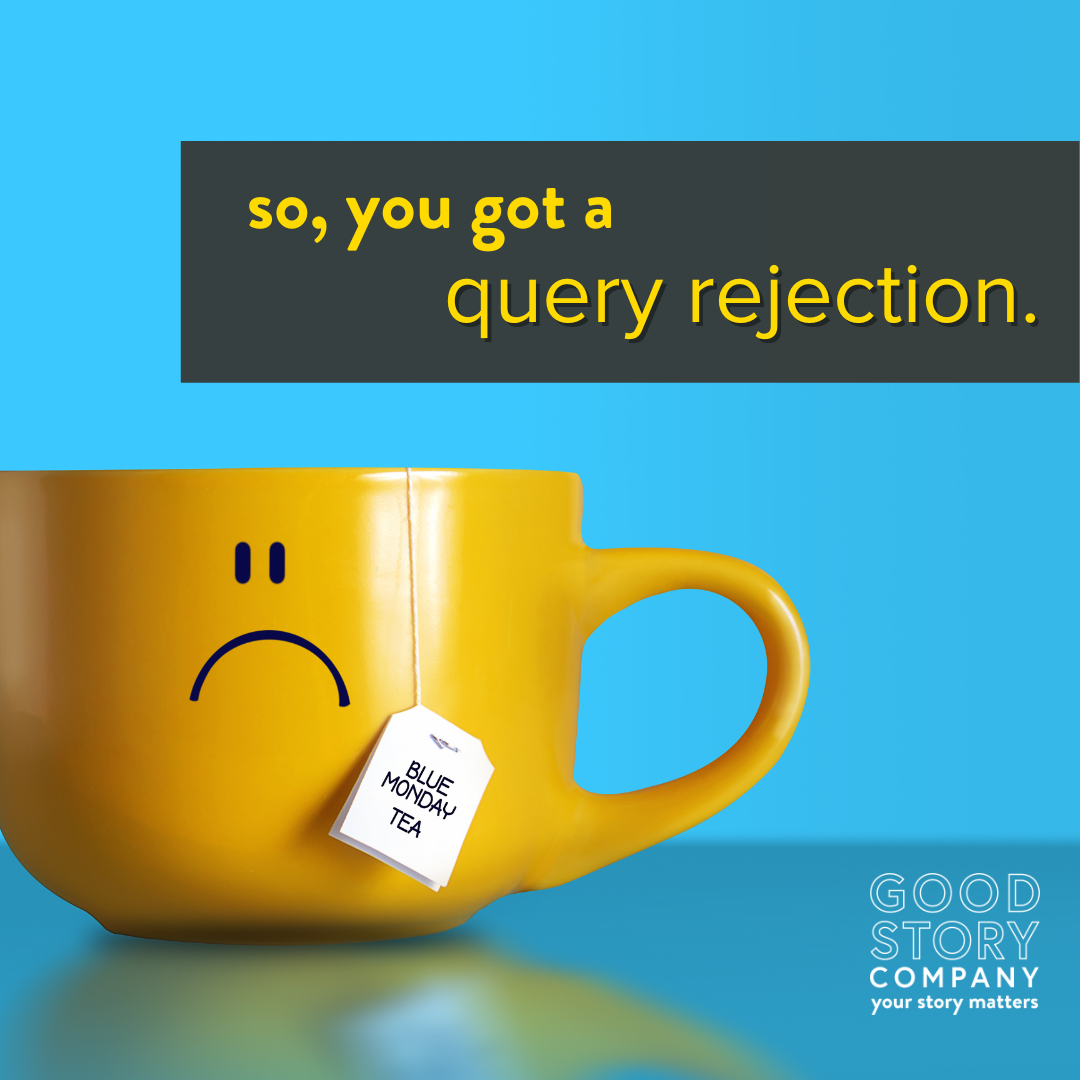

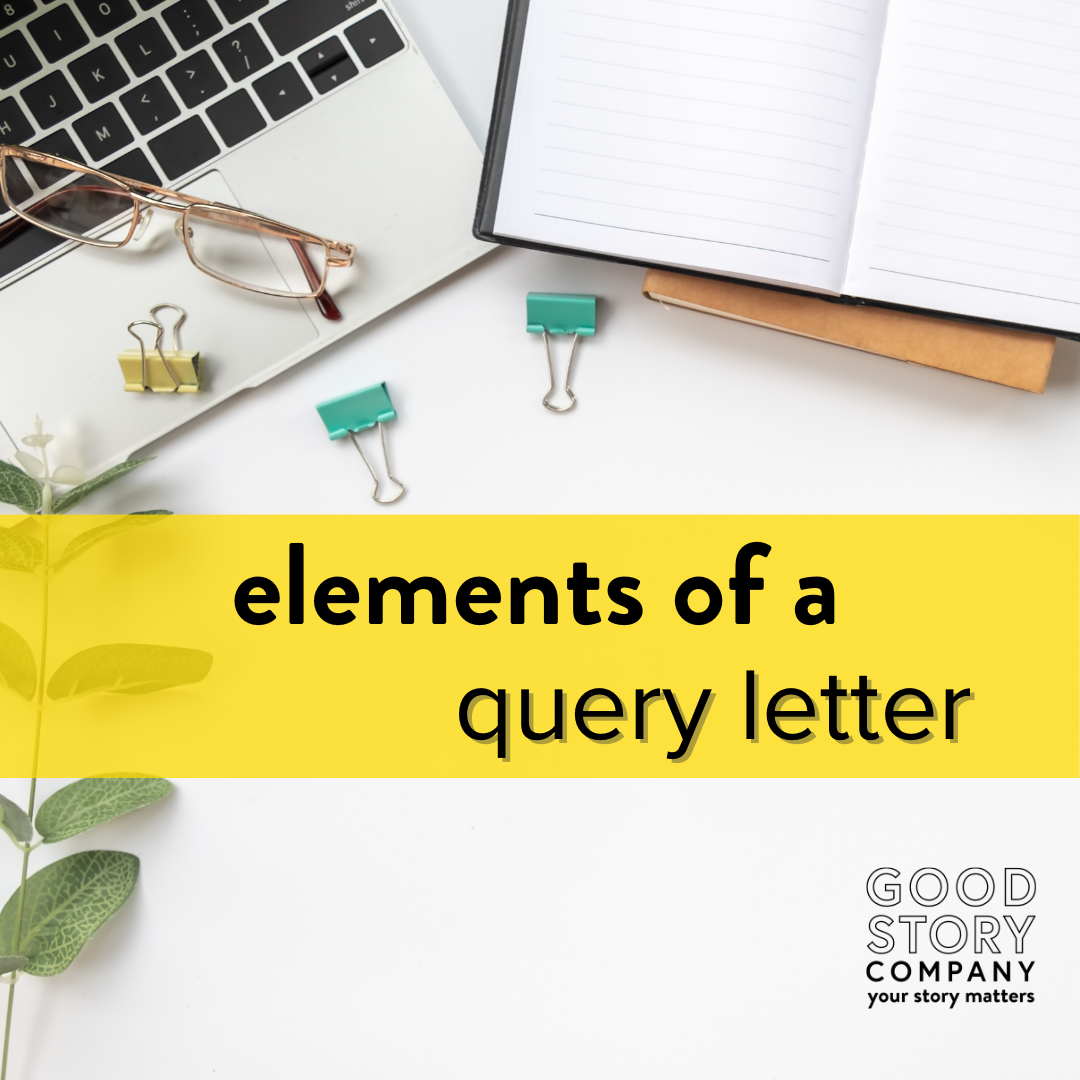

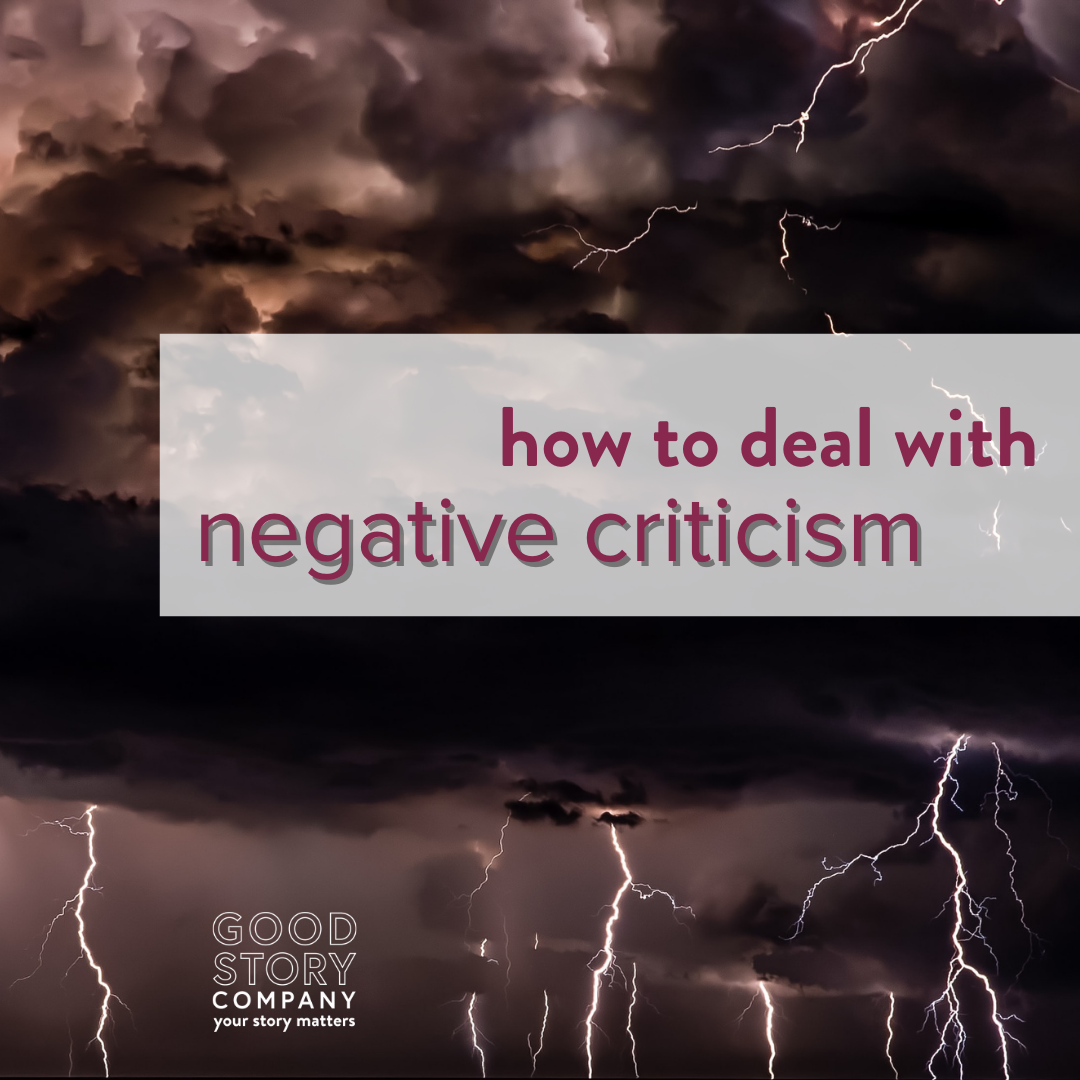
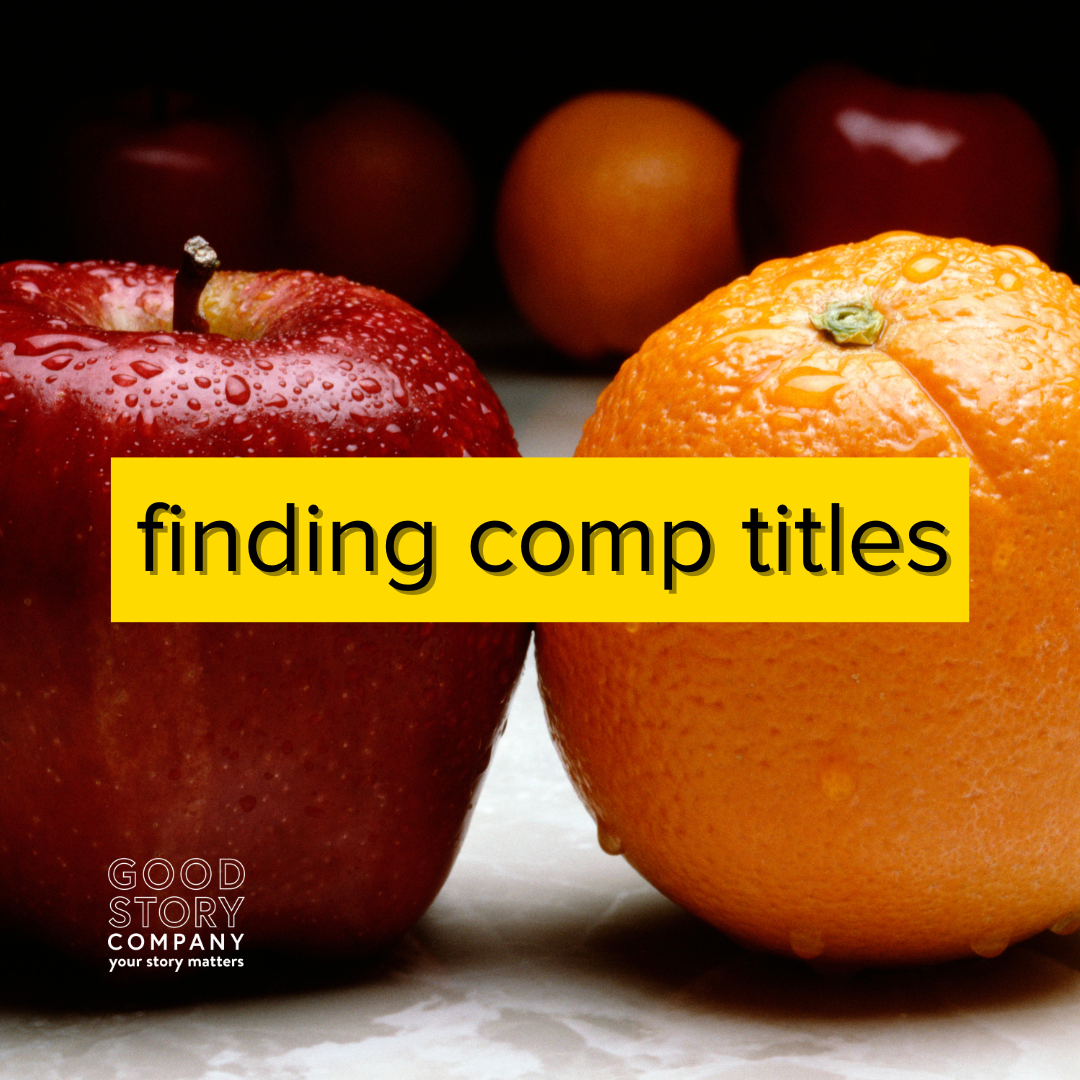
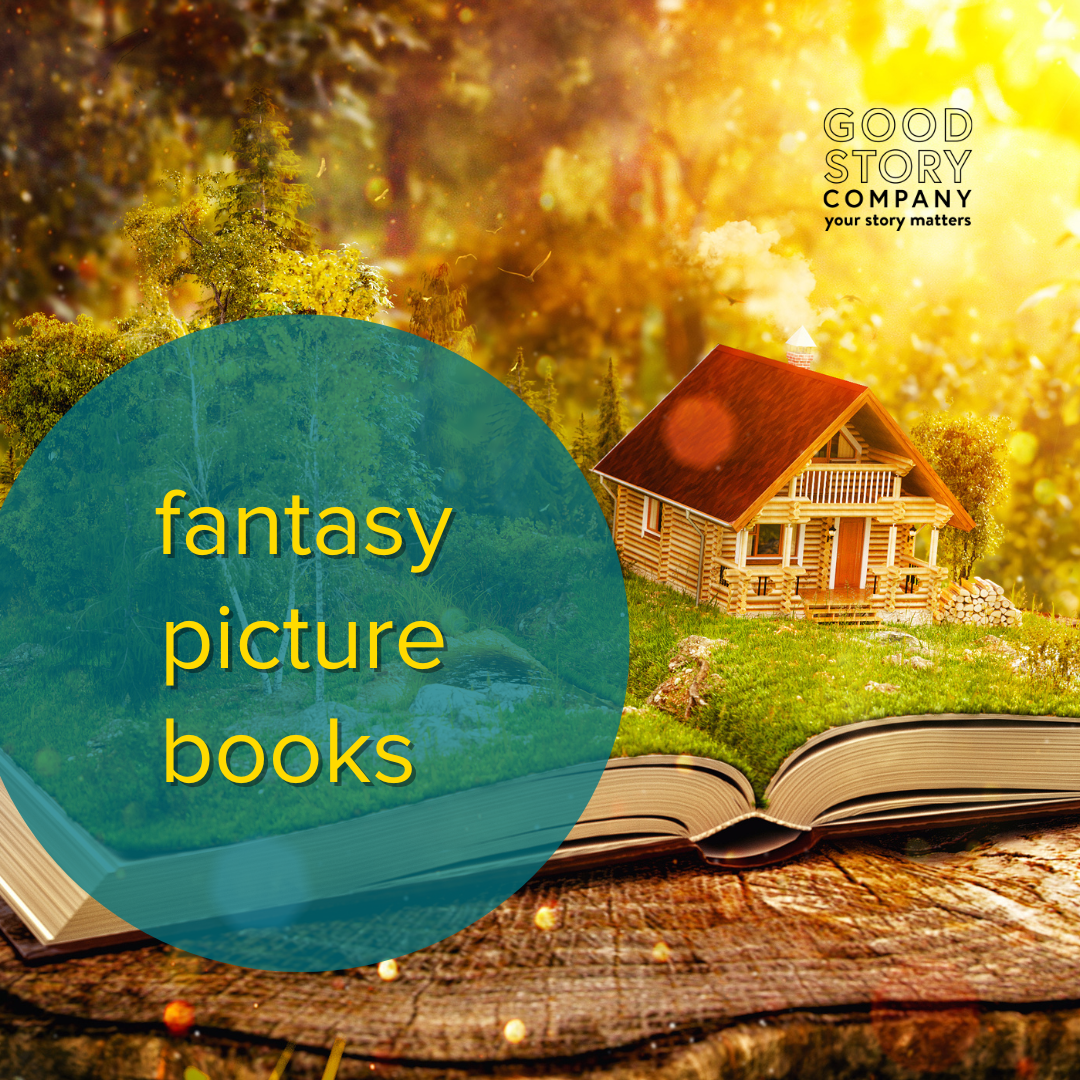

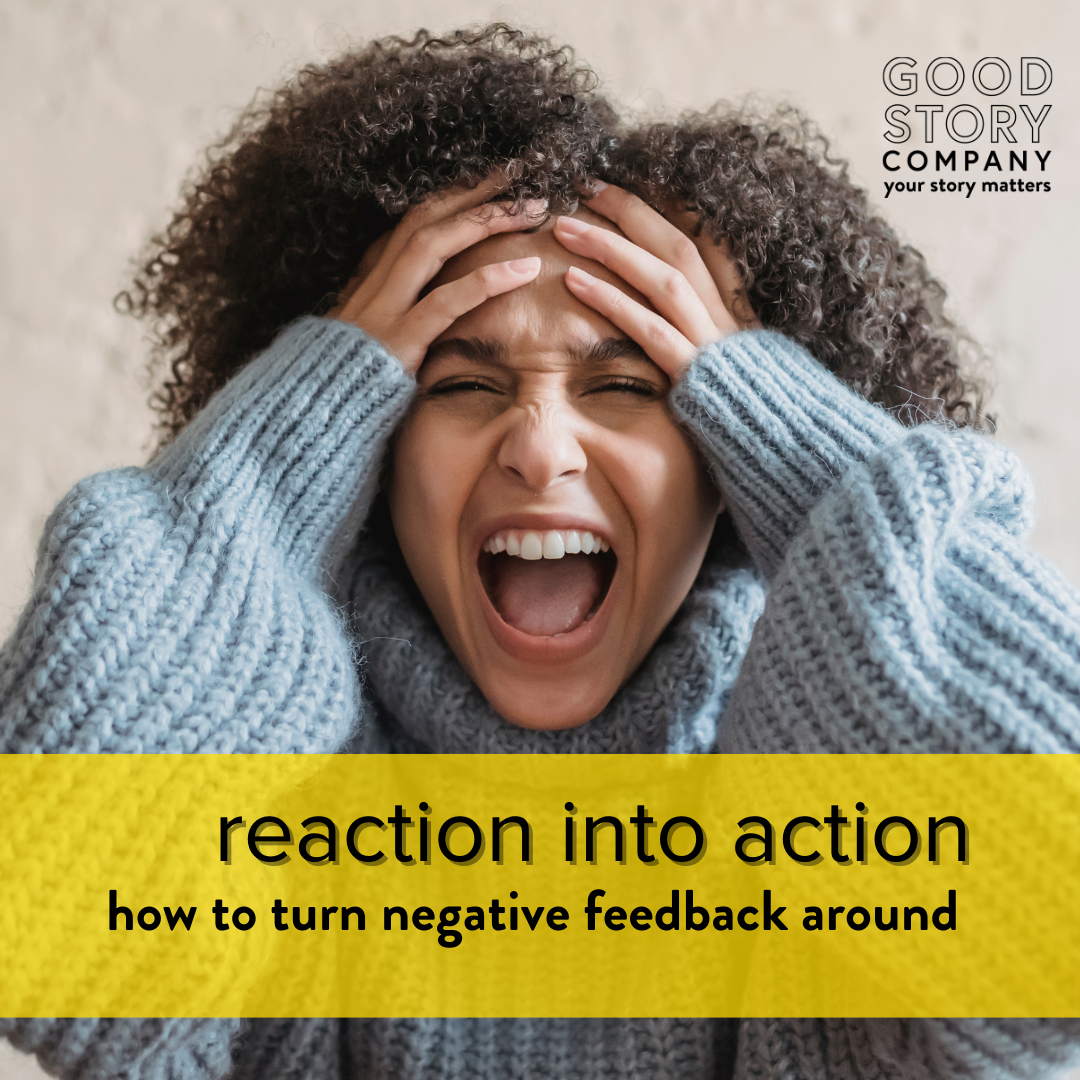
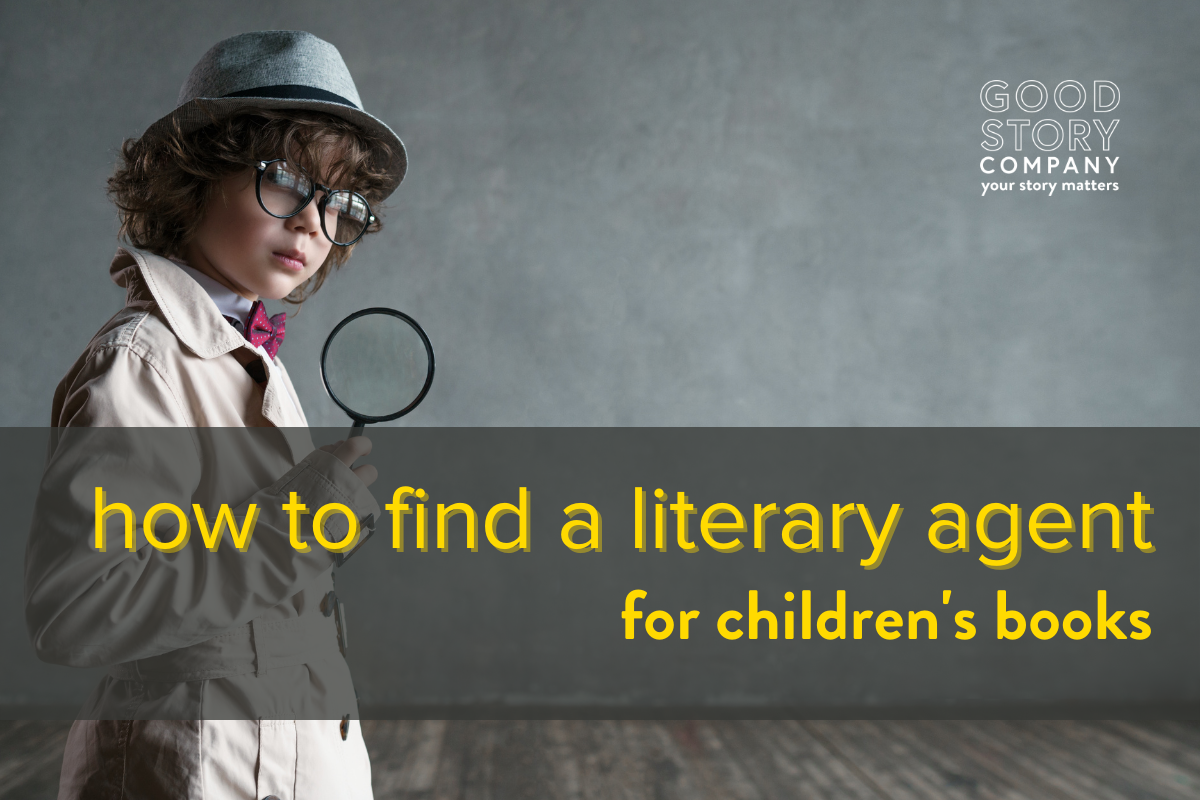


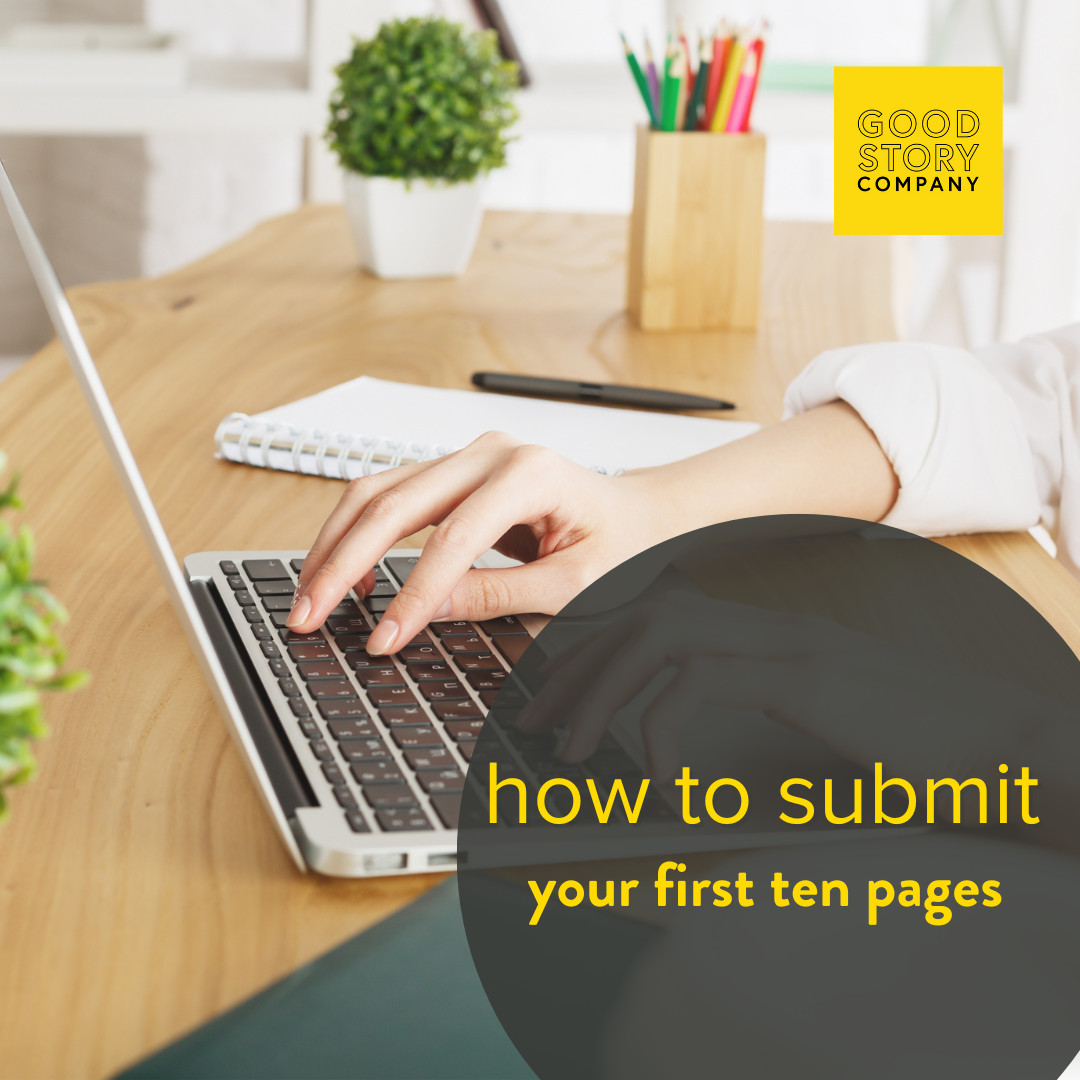

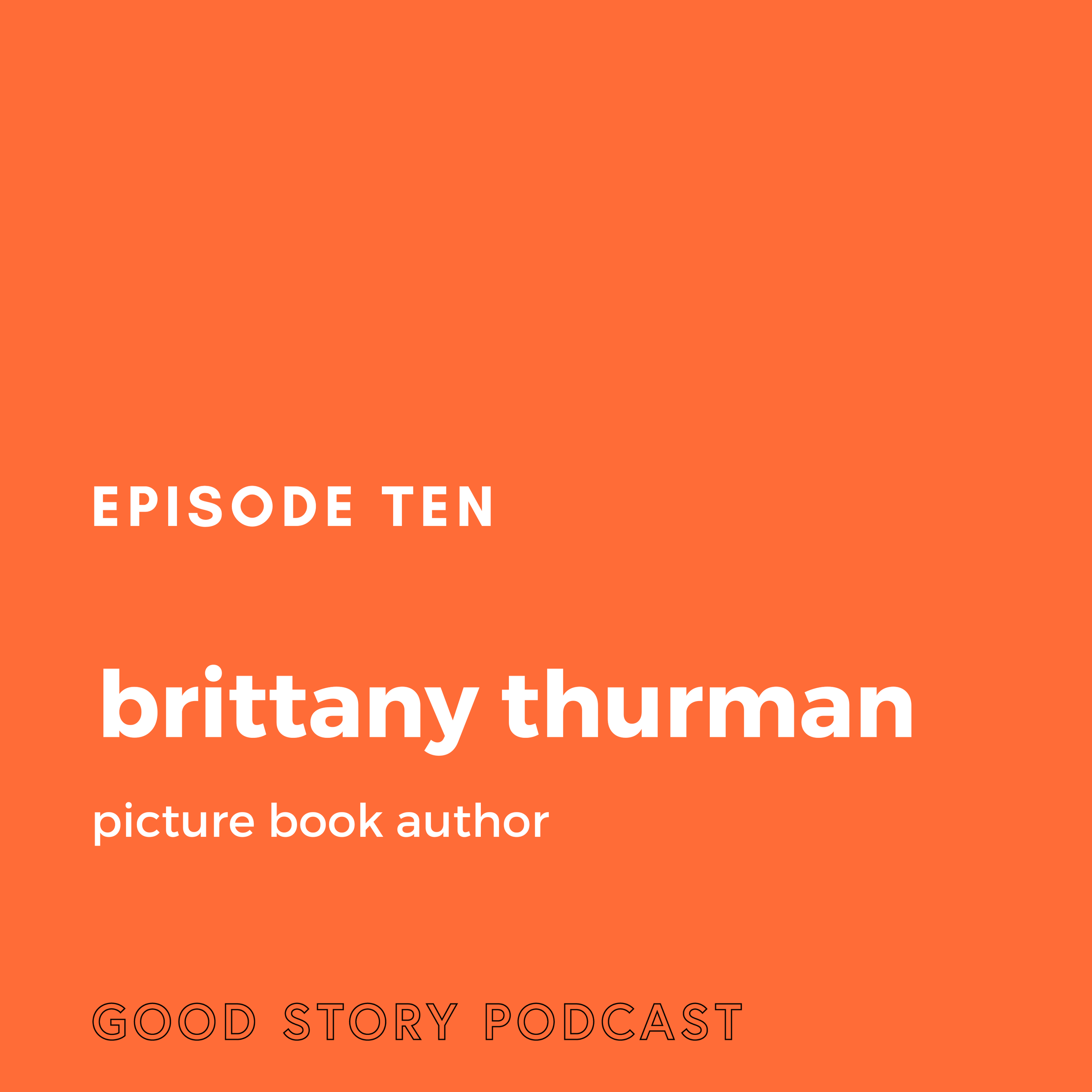
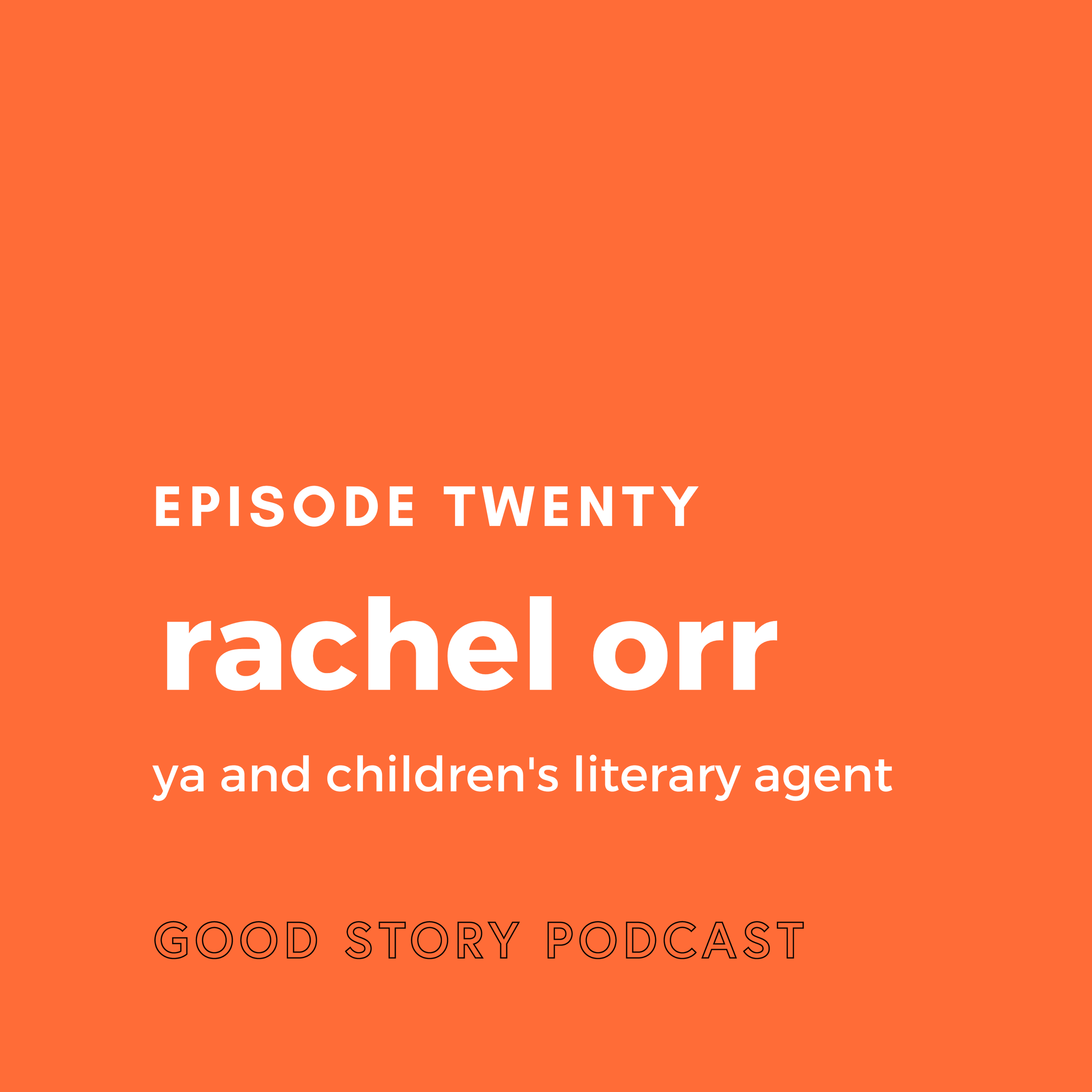
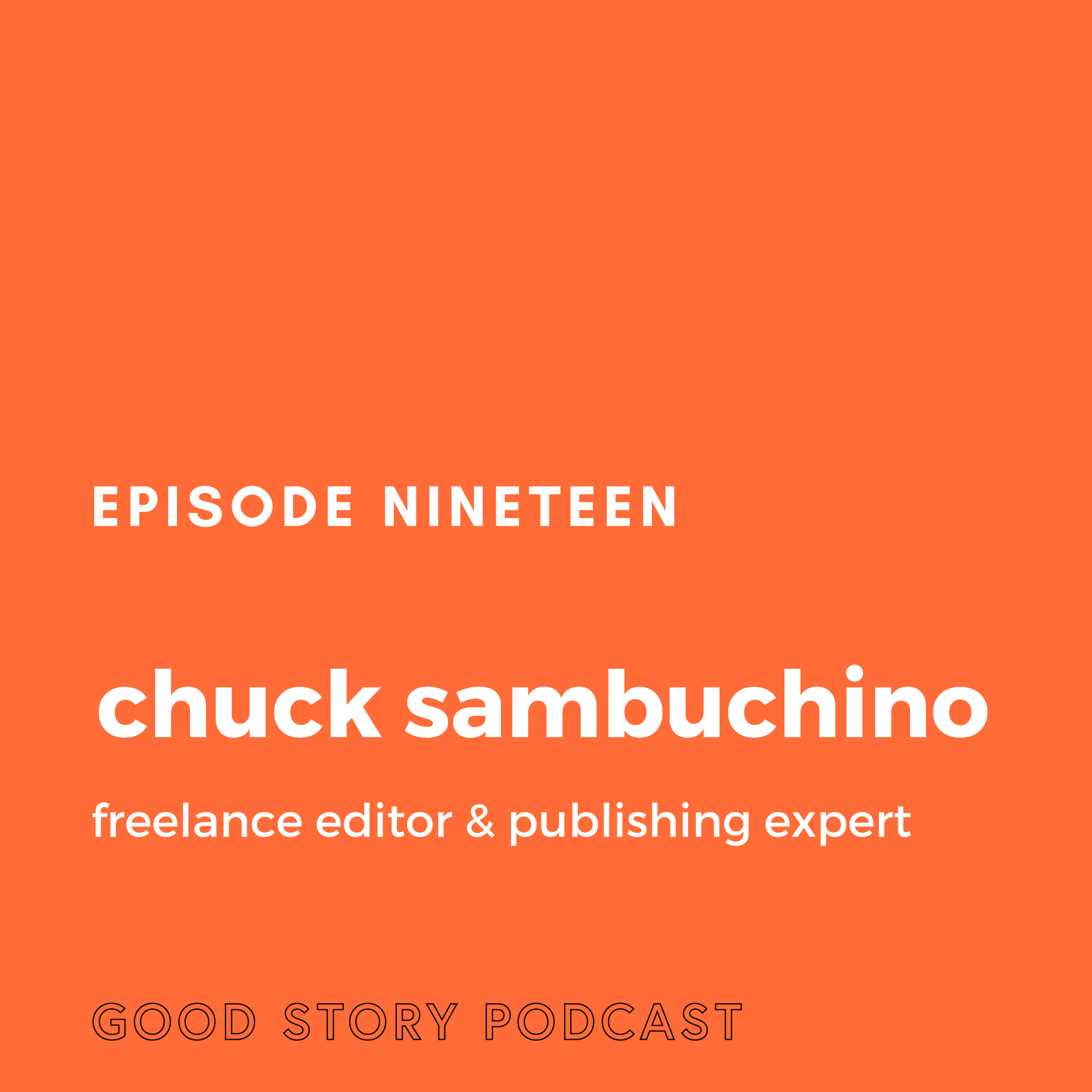
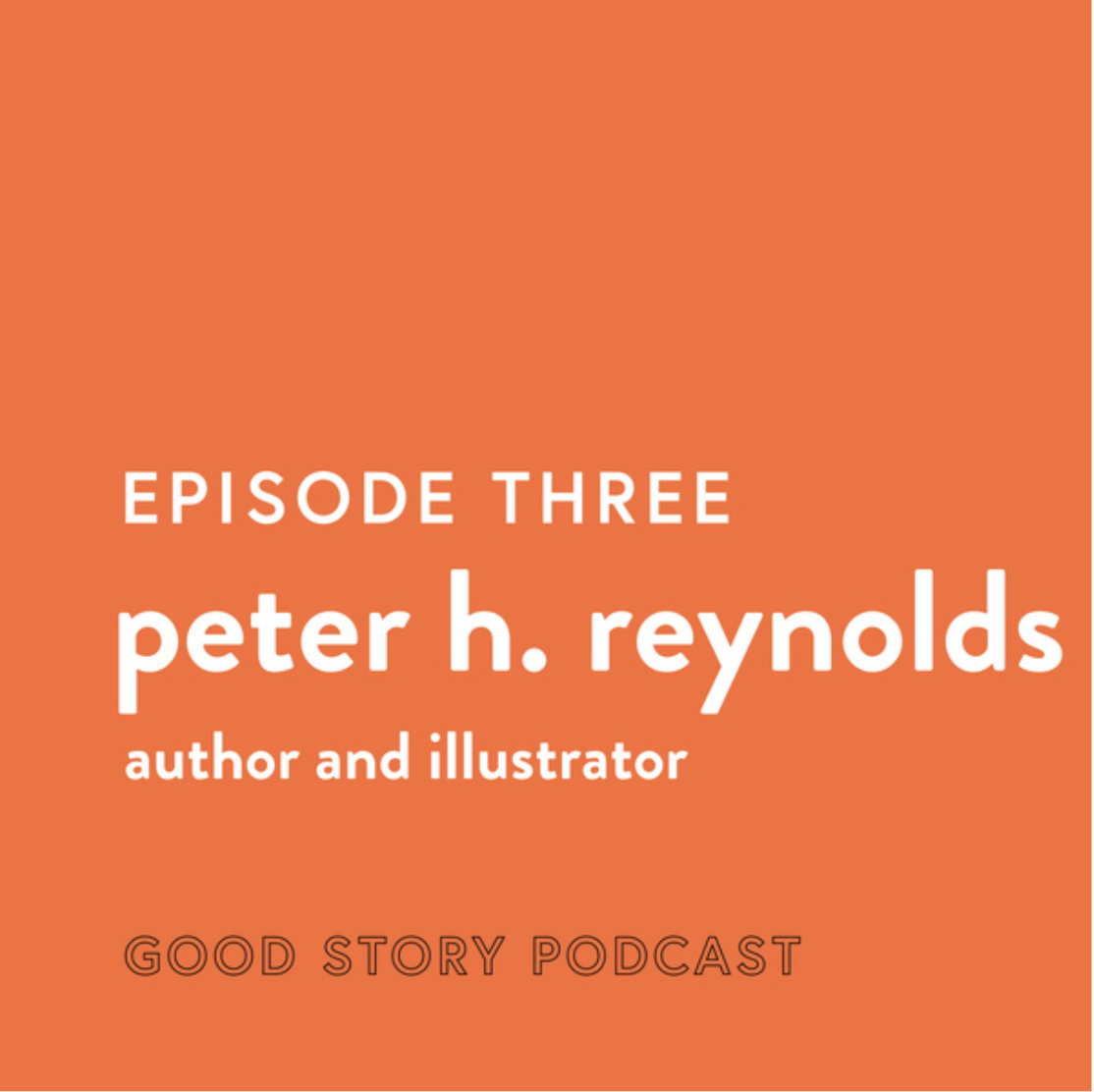
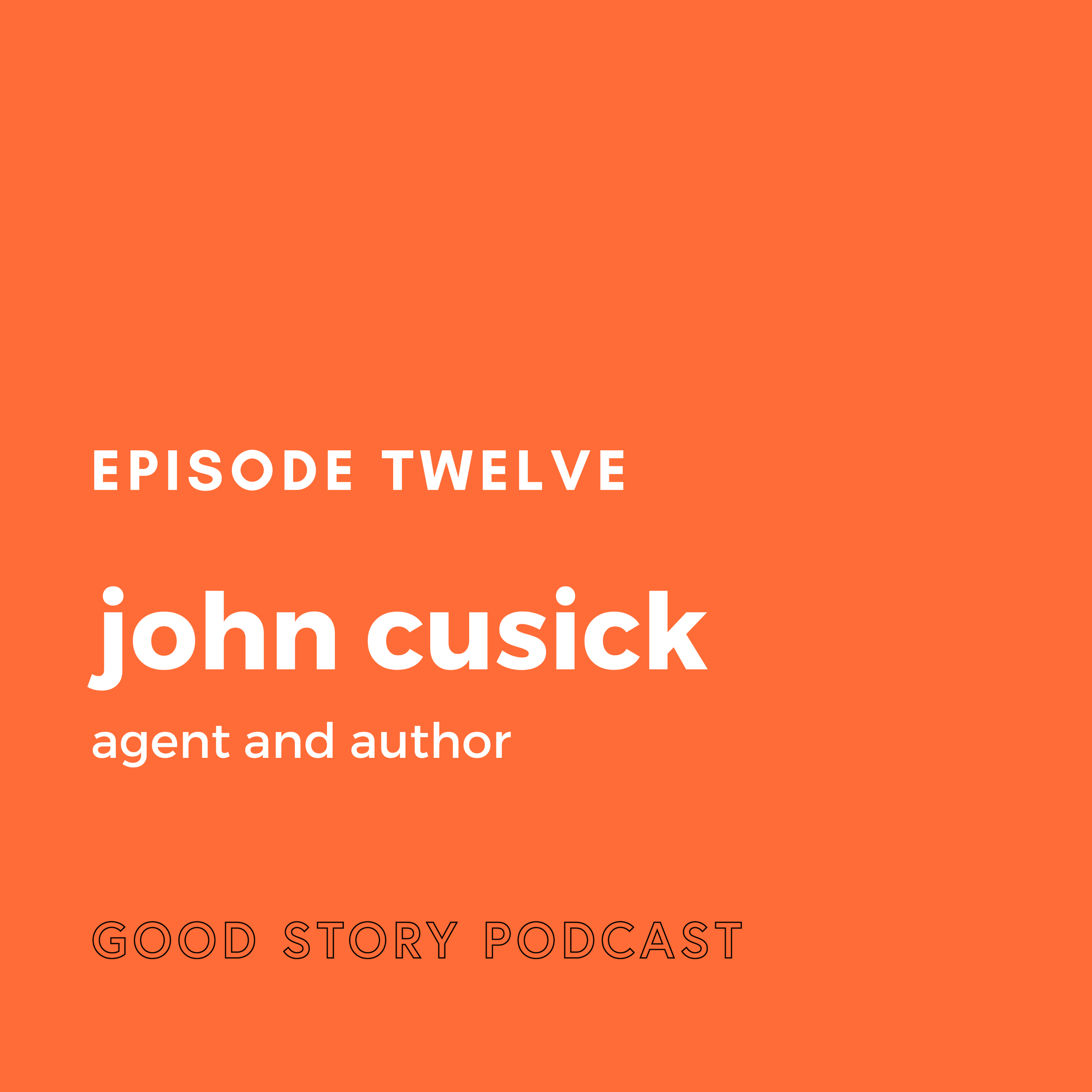
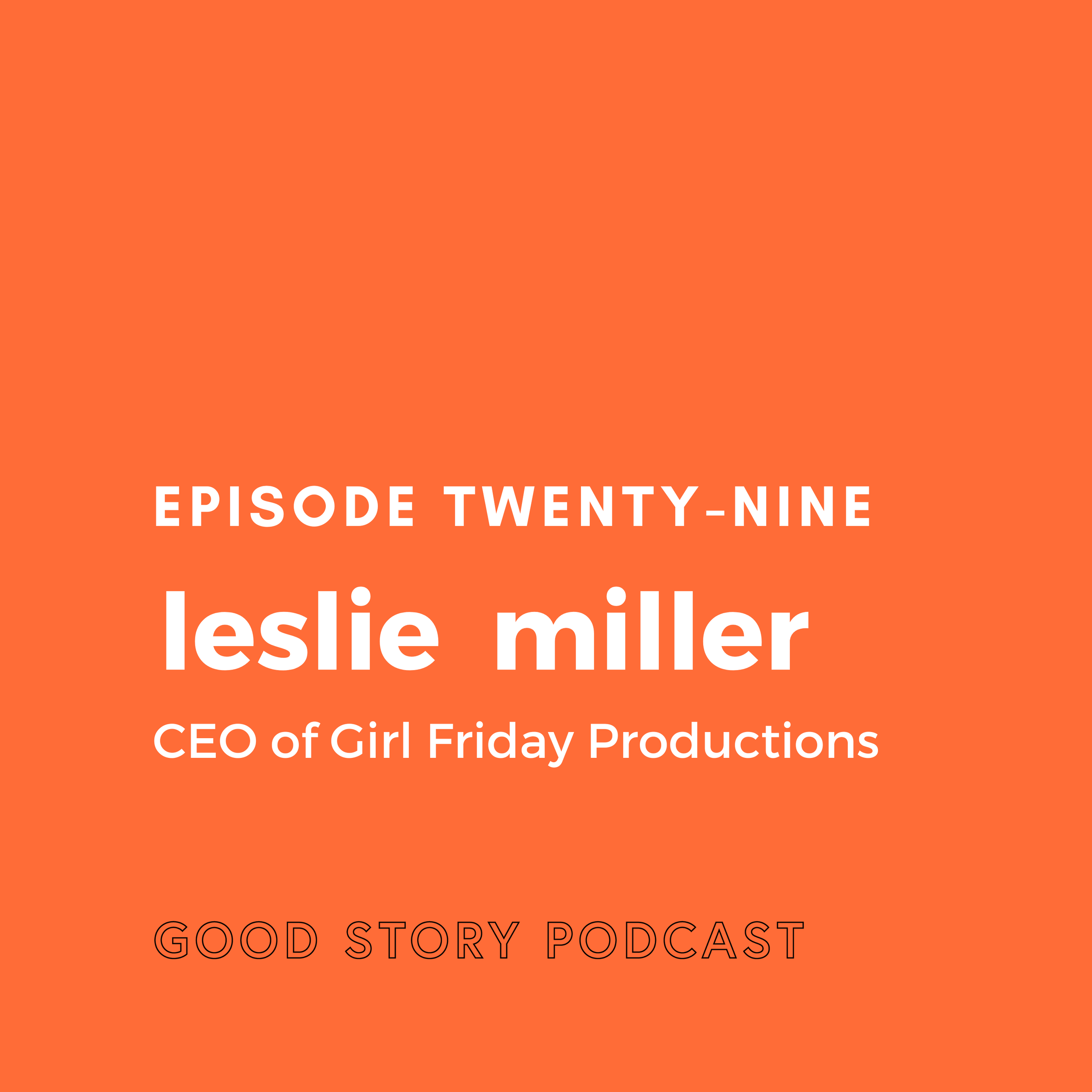




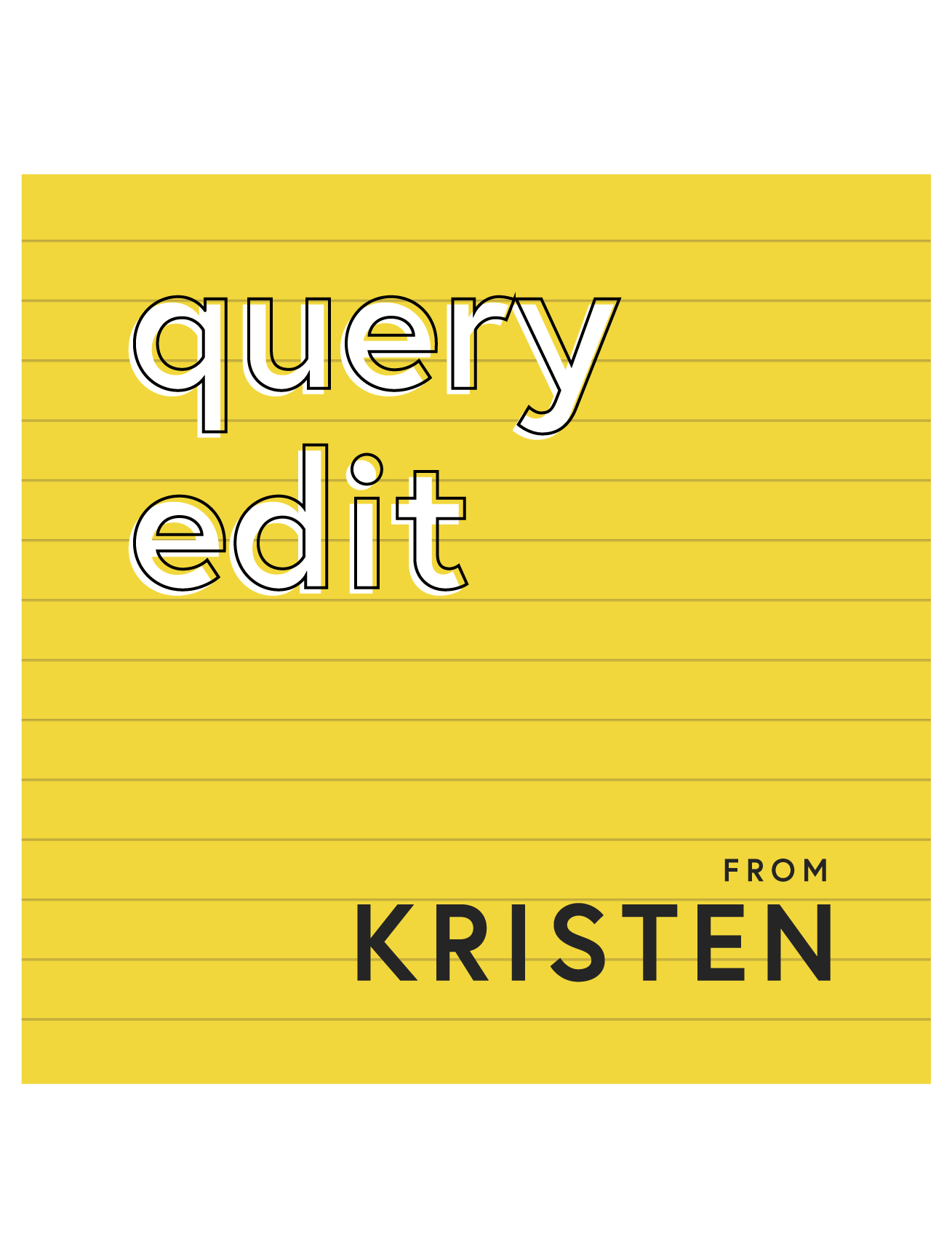
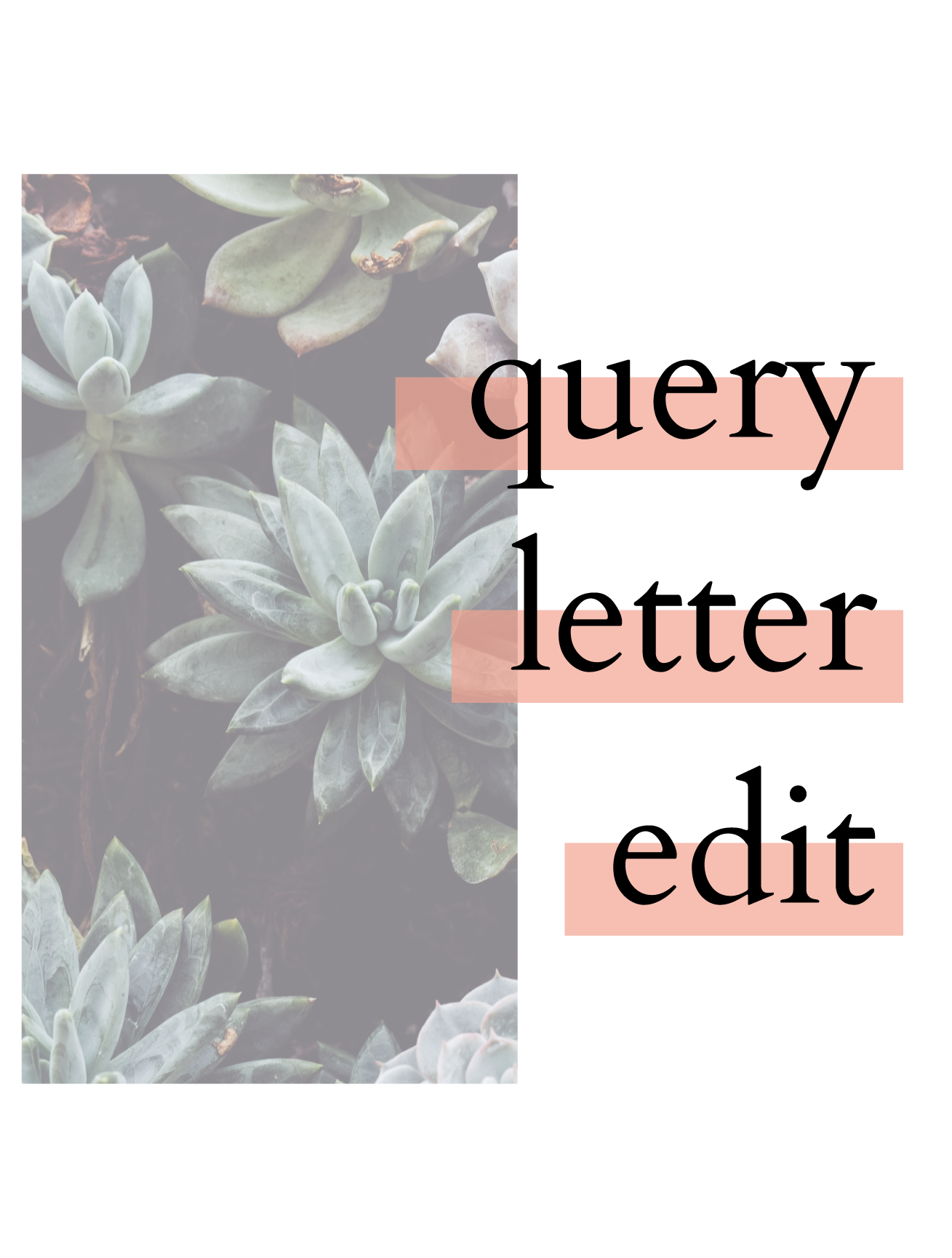
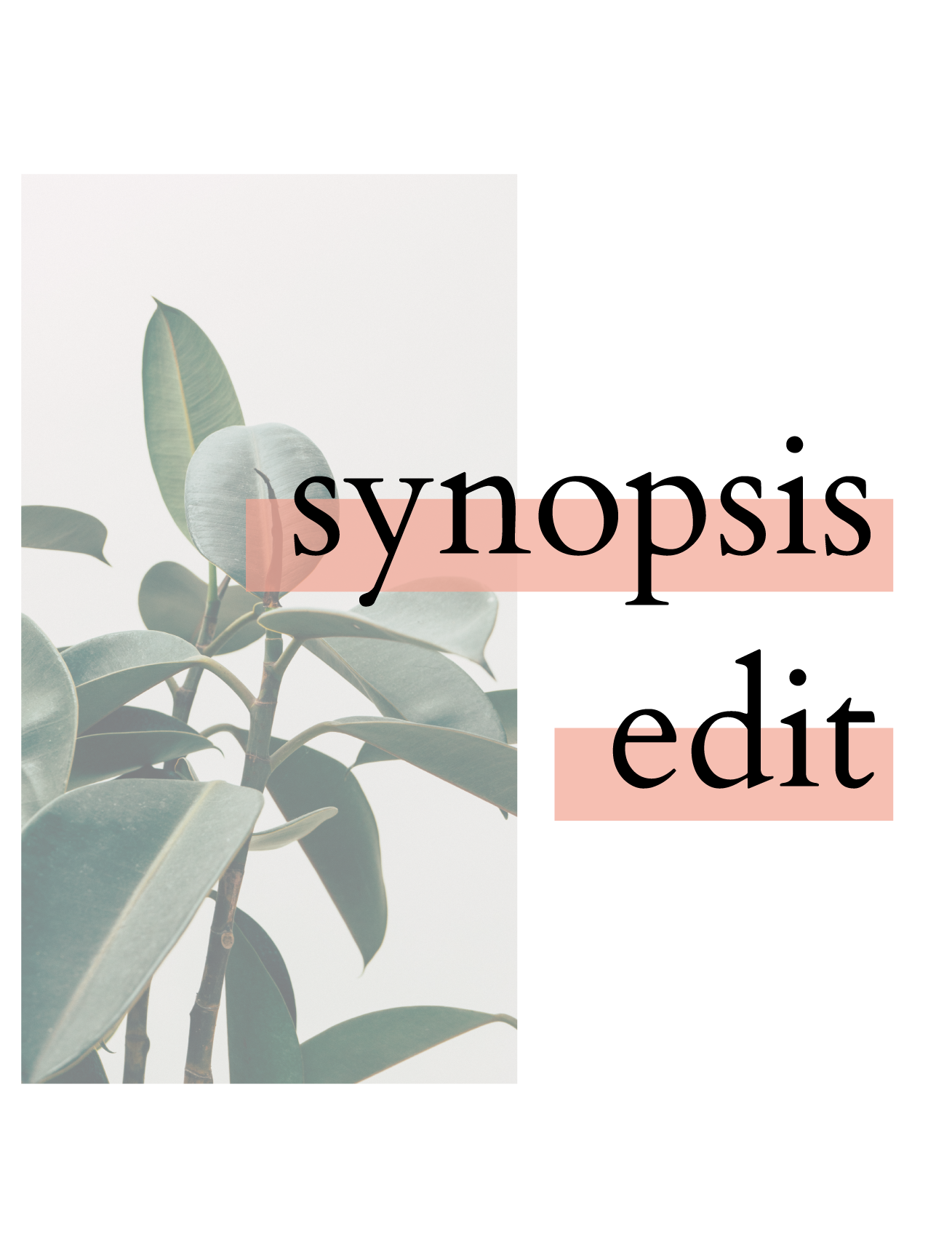


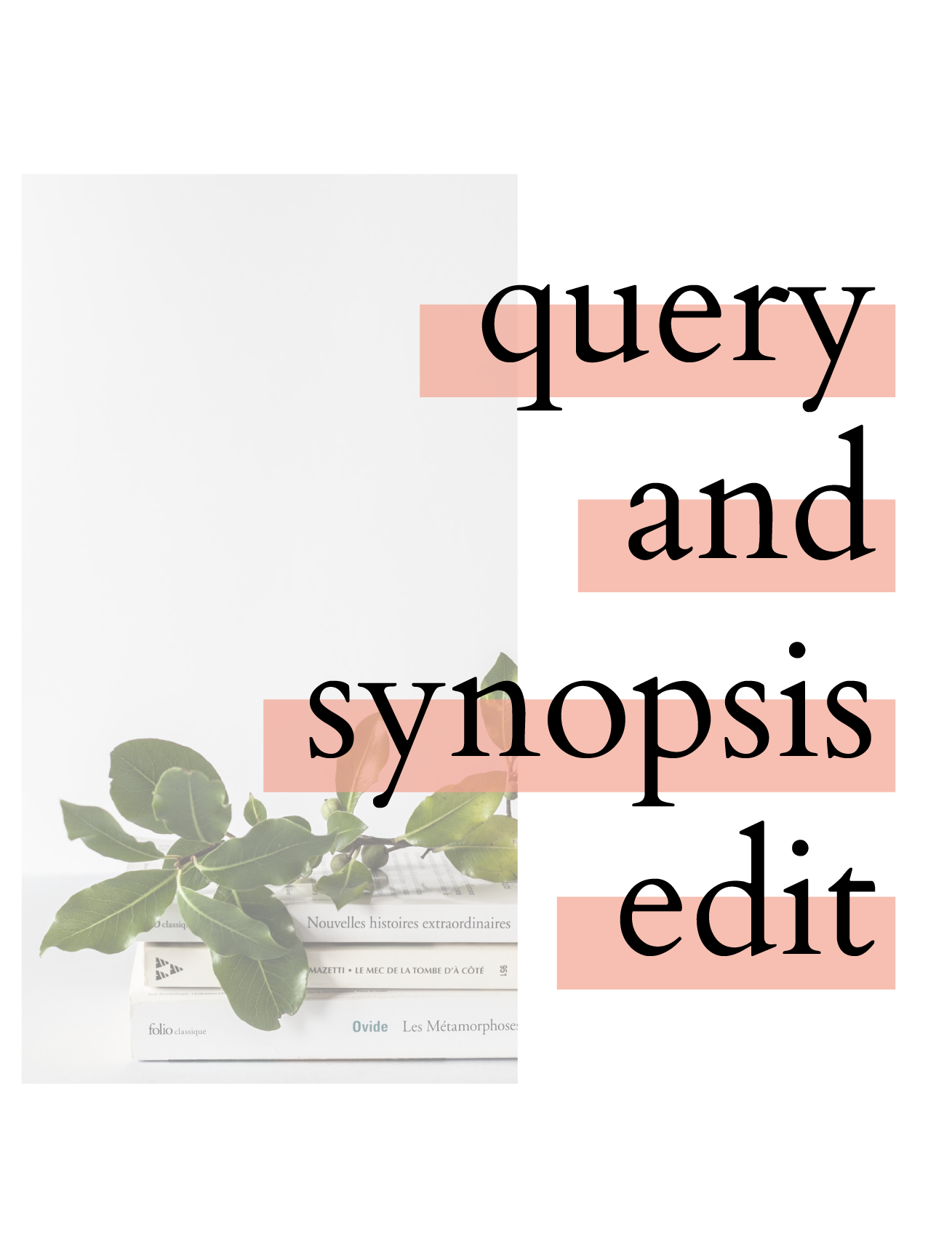
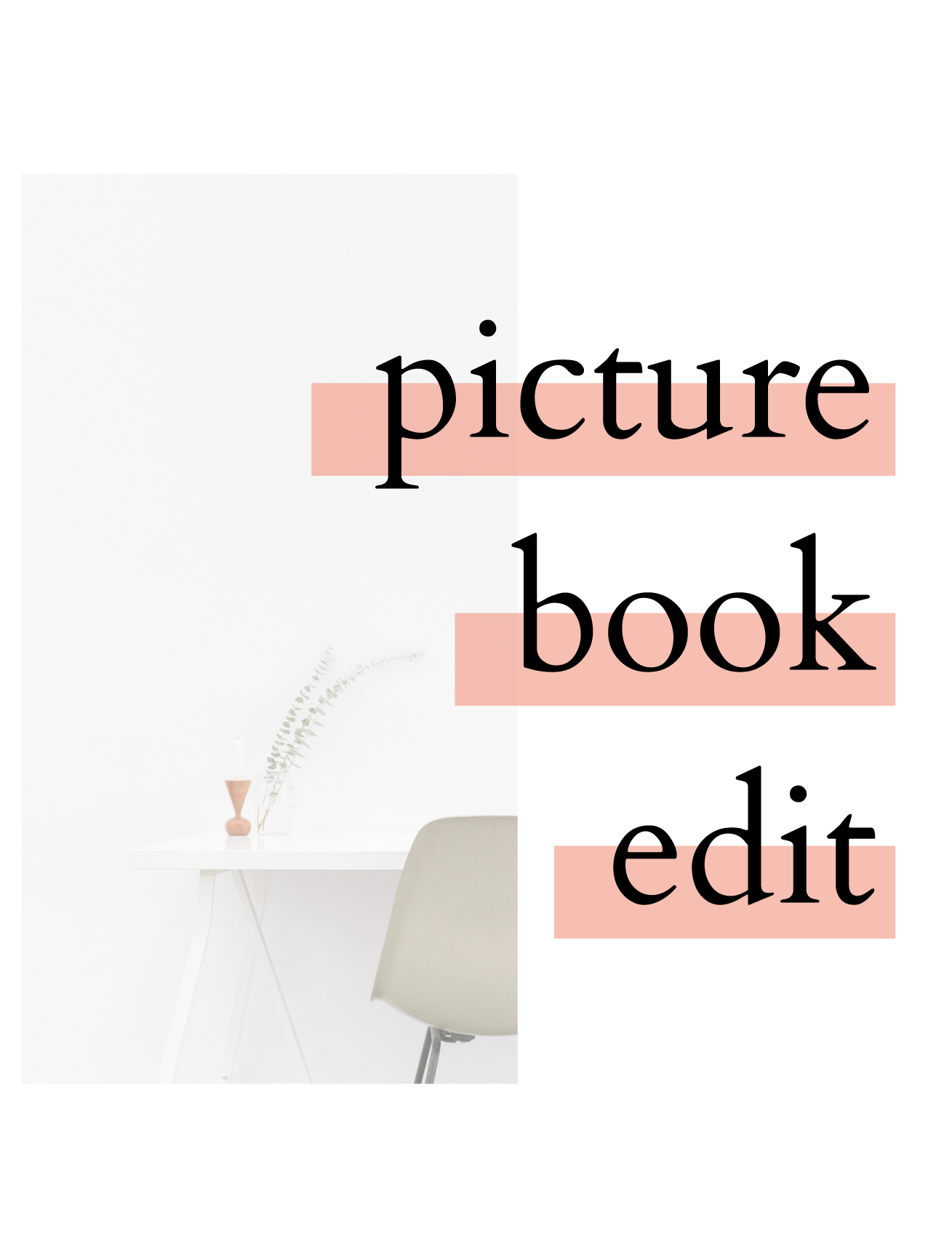
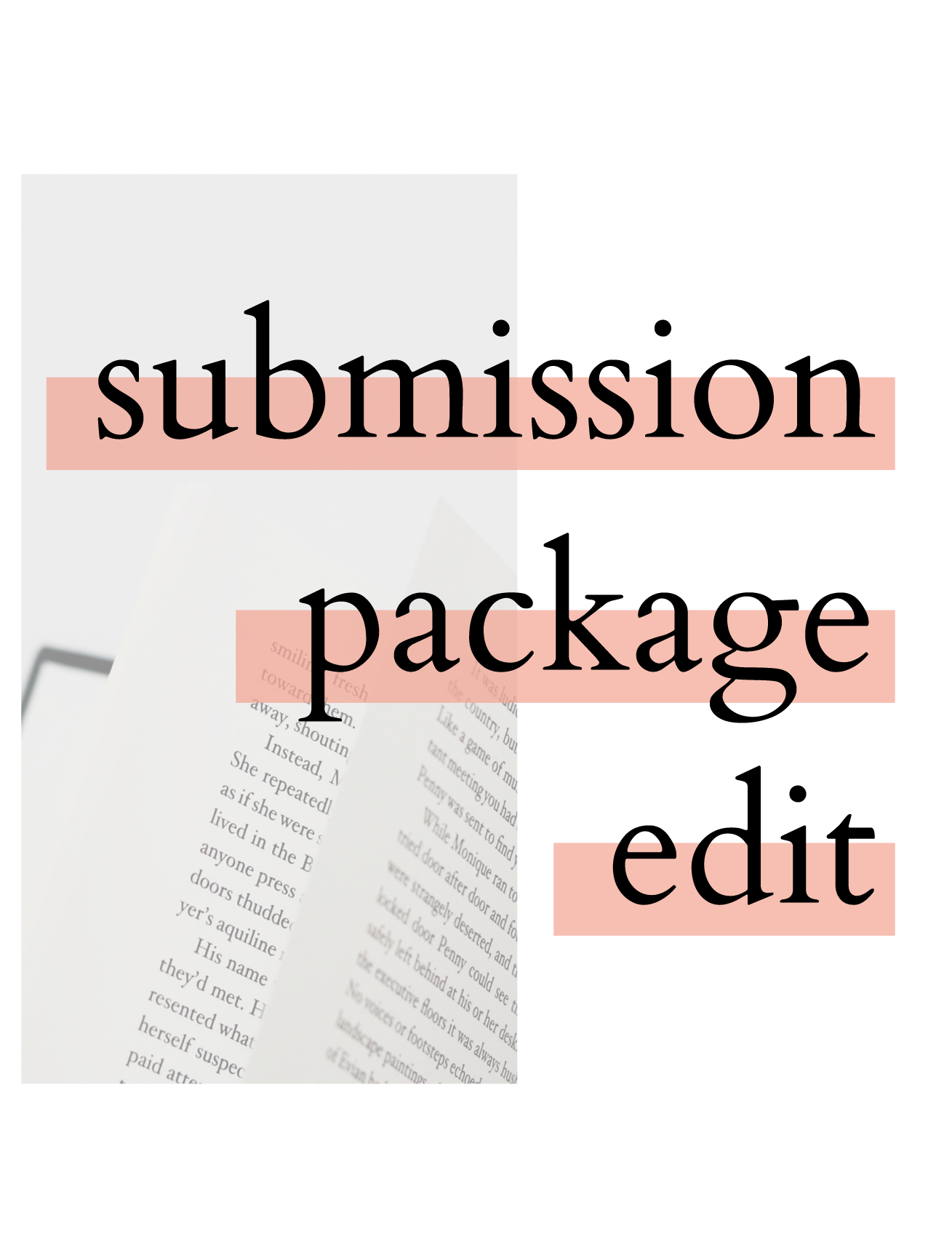




How do you set realistic expectations in publishing? If a book doesn’t sell, how do you cope with rejection? Literary agent and author Kate McKean chats about her latest book Write Through It! She also shares tips for honing your writer’s intuition, pitching your book, and what queries stand out in the slush pile.